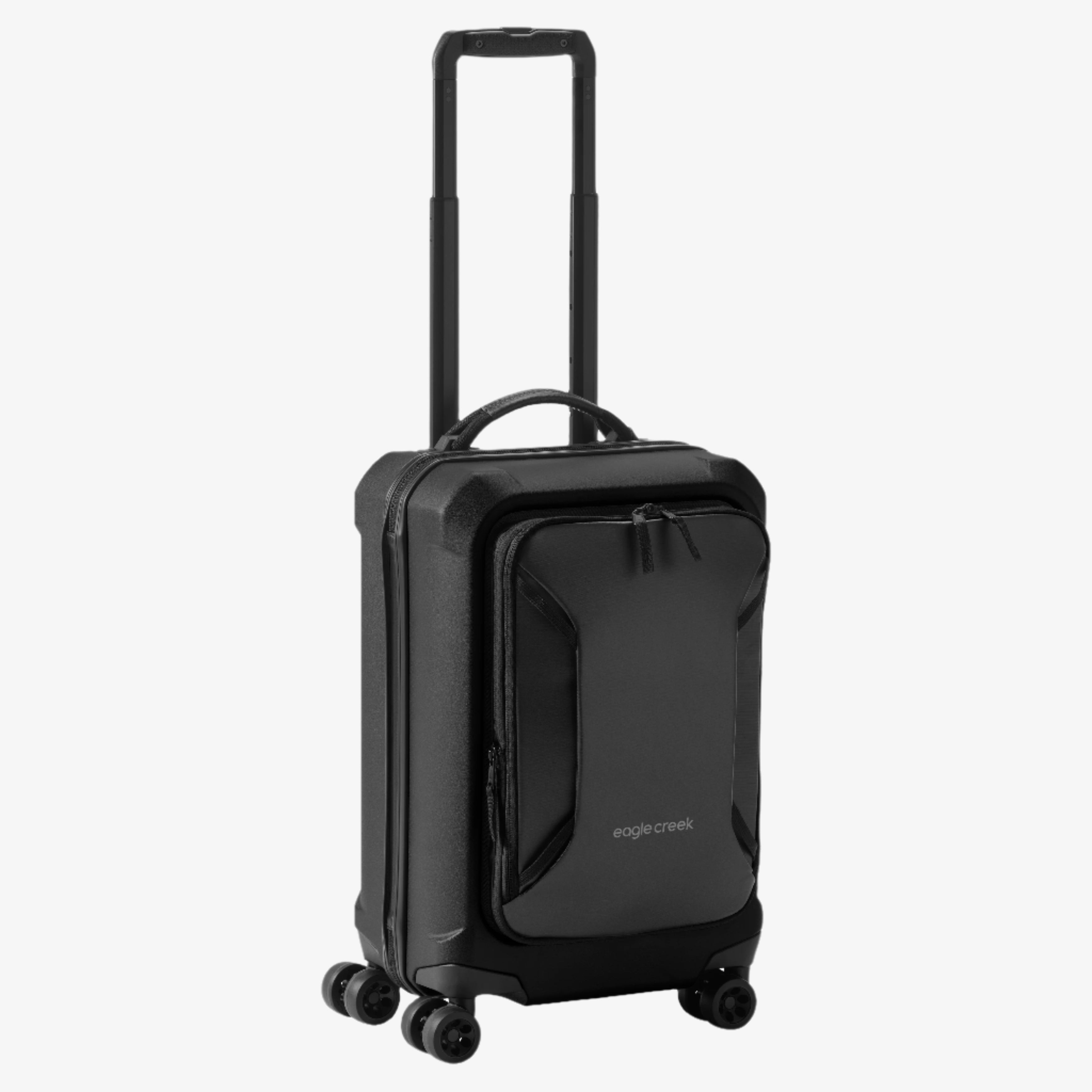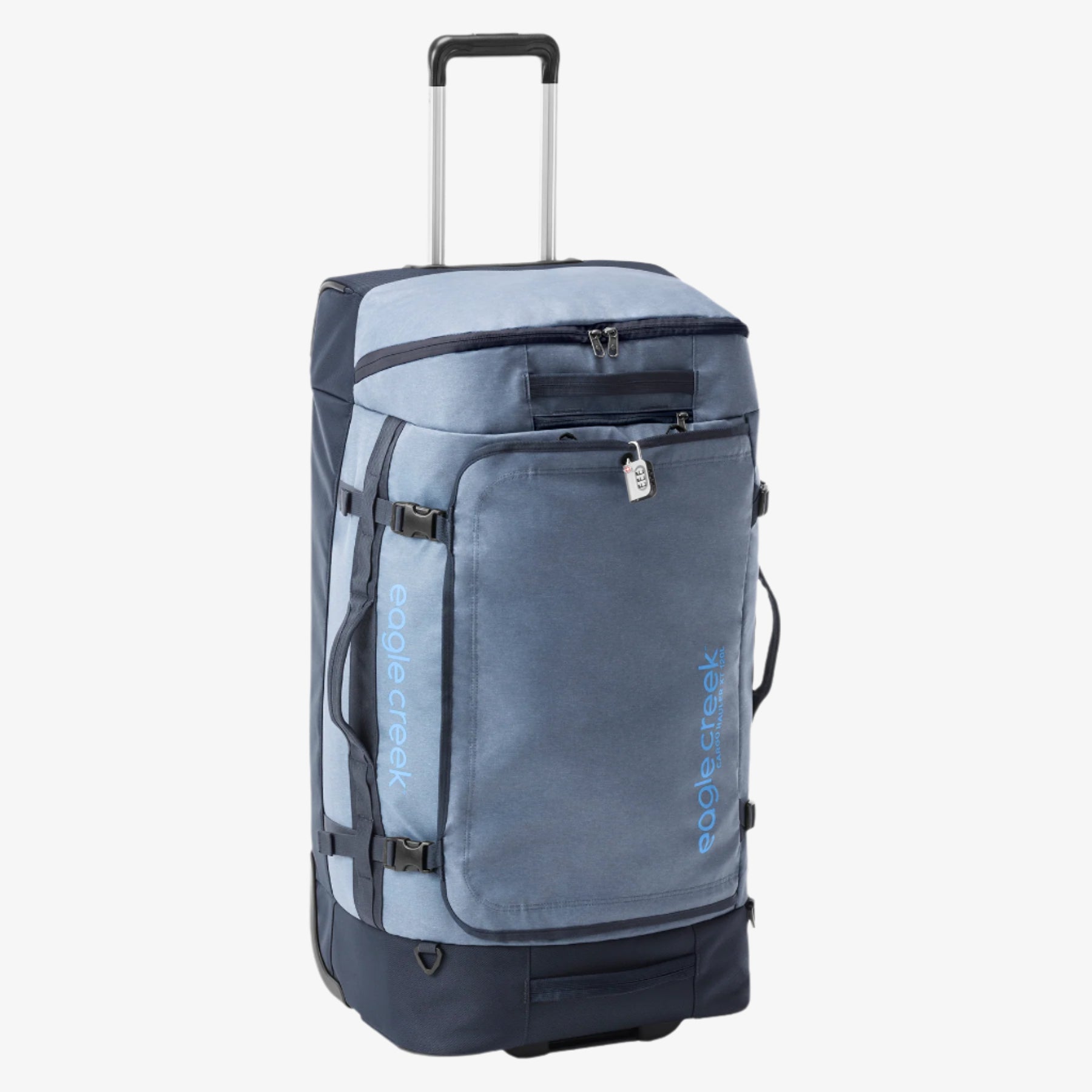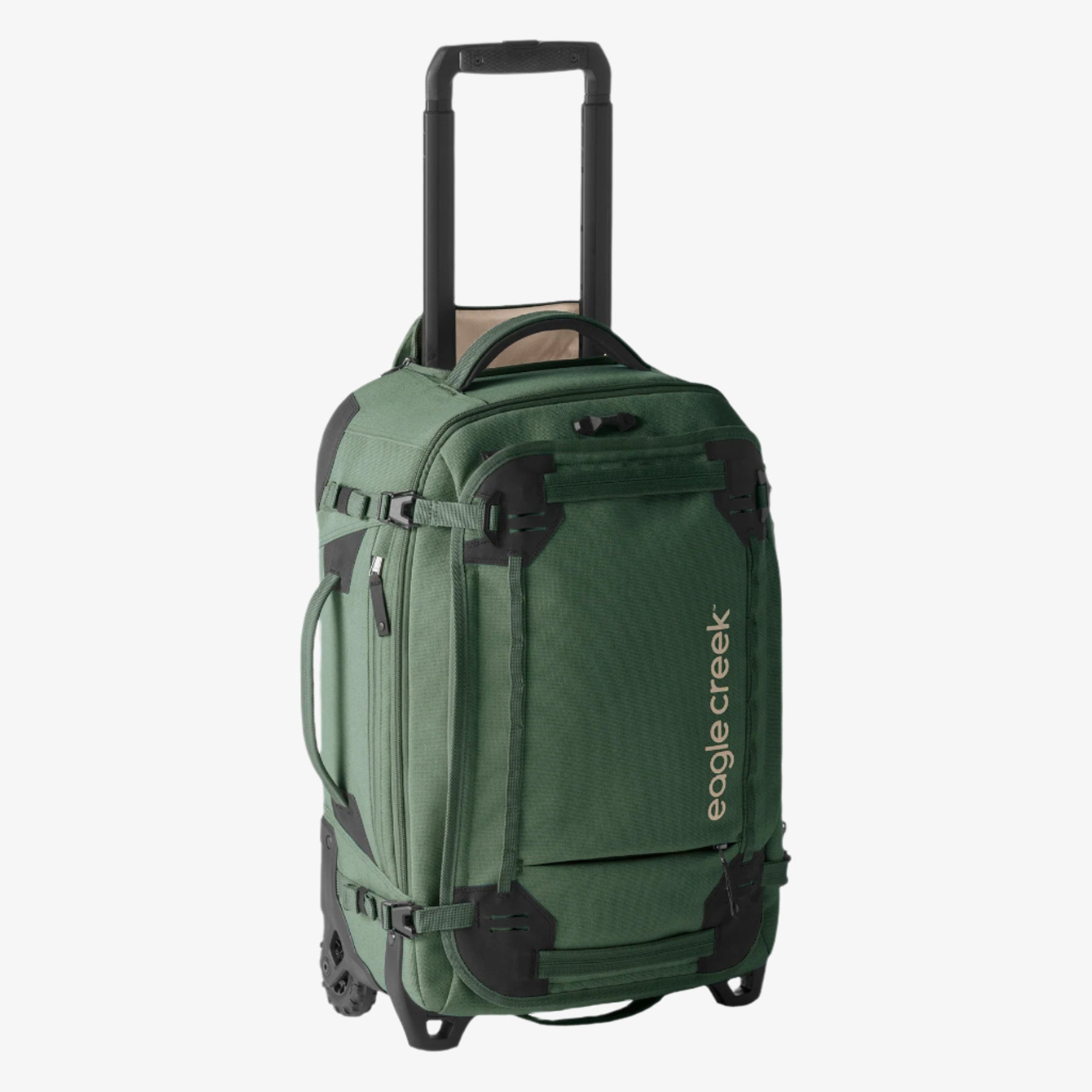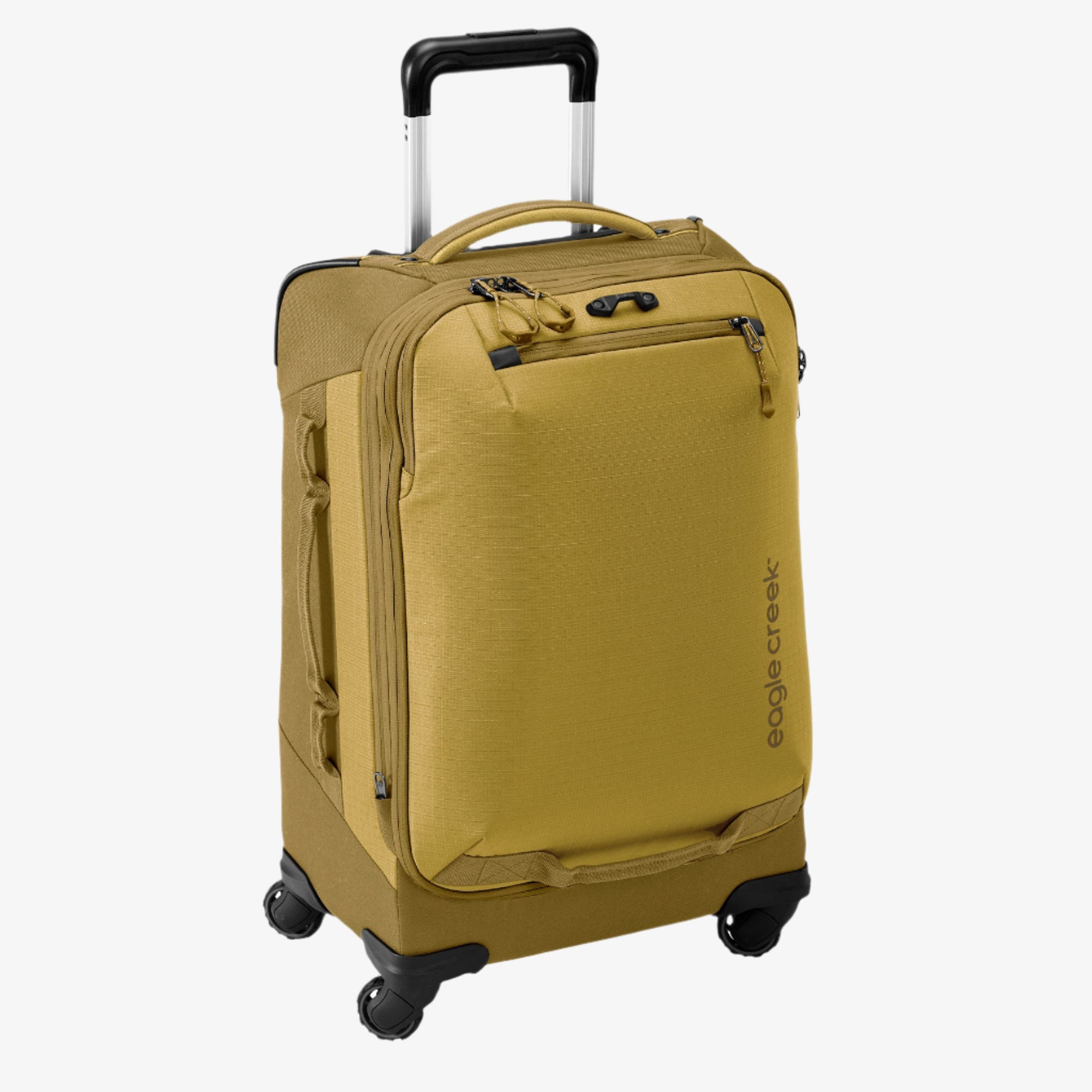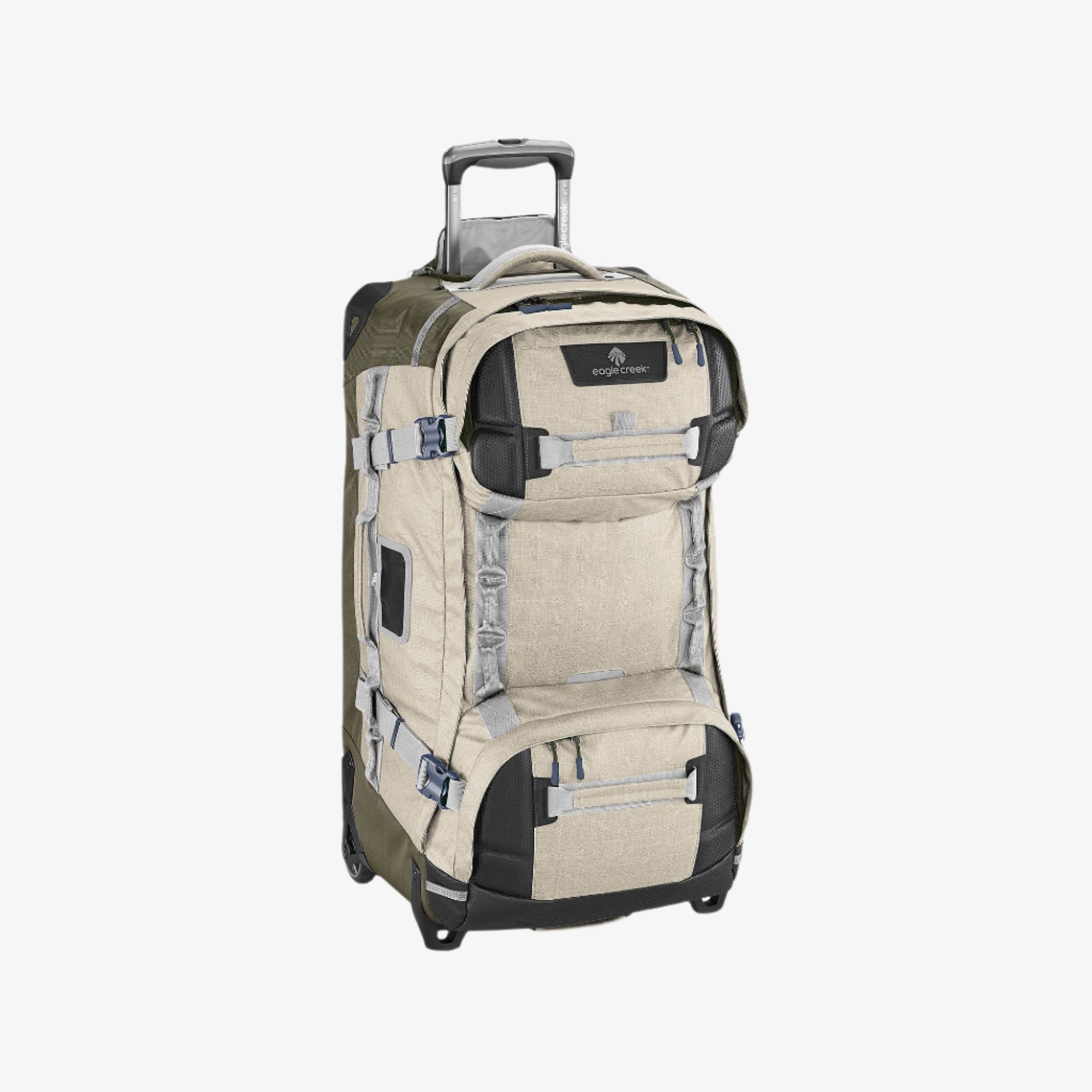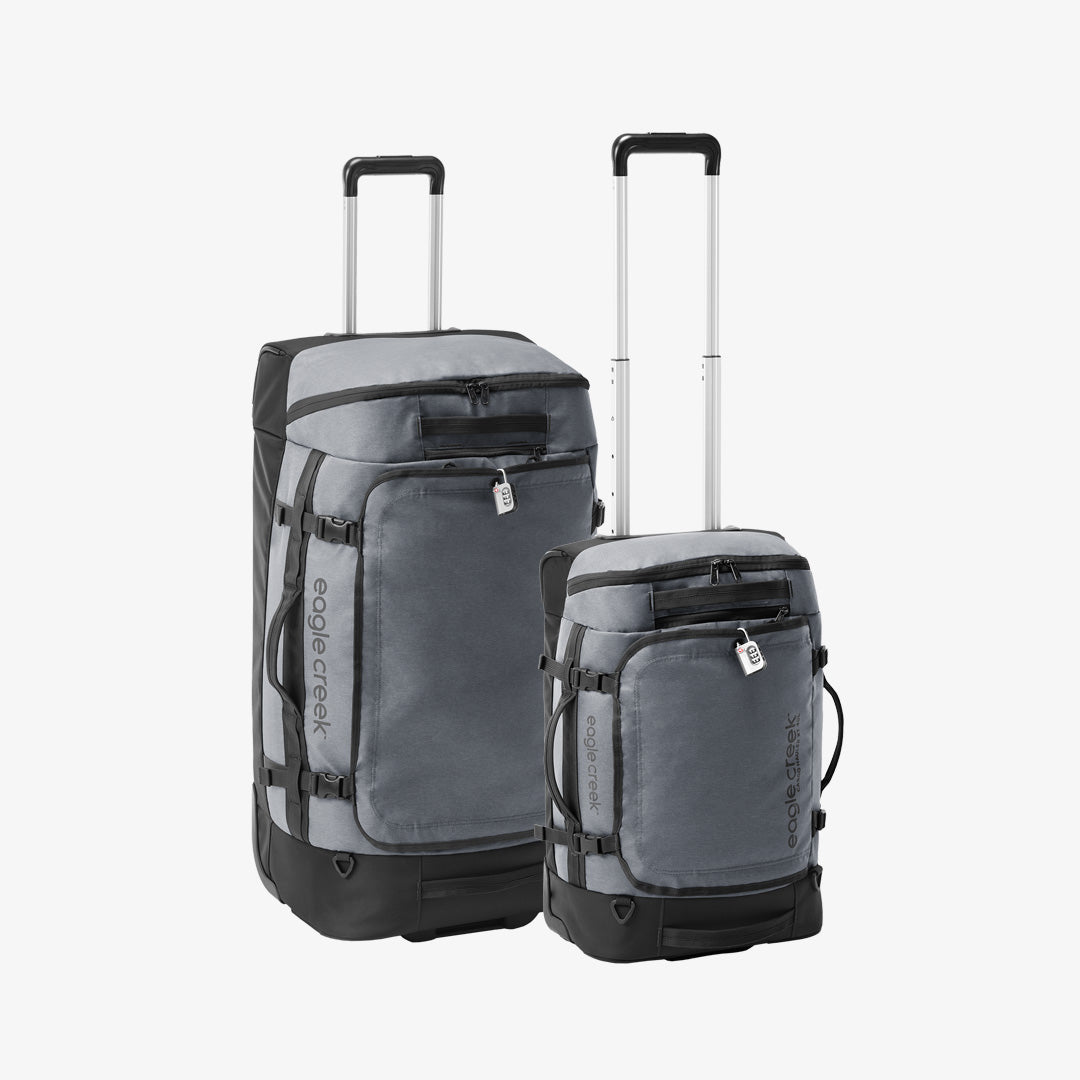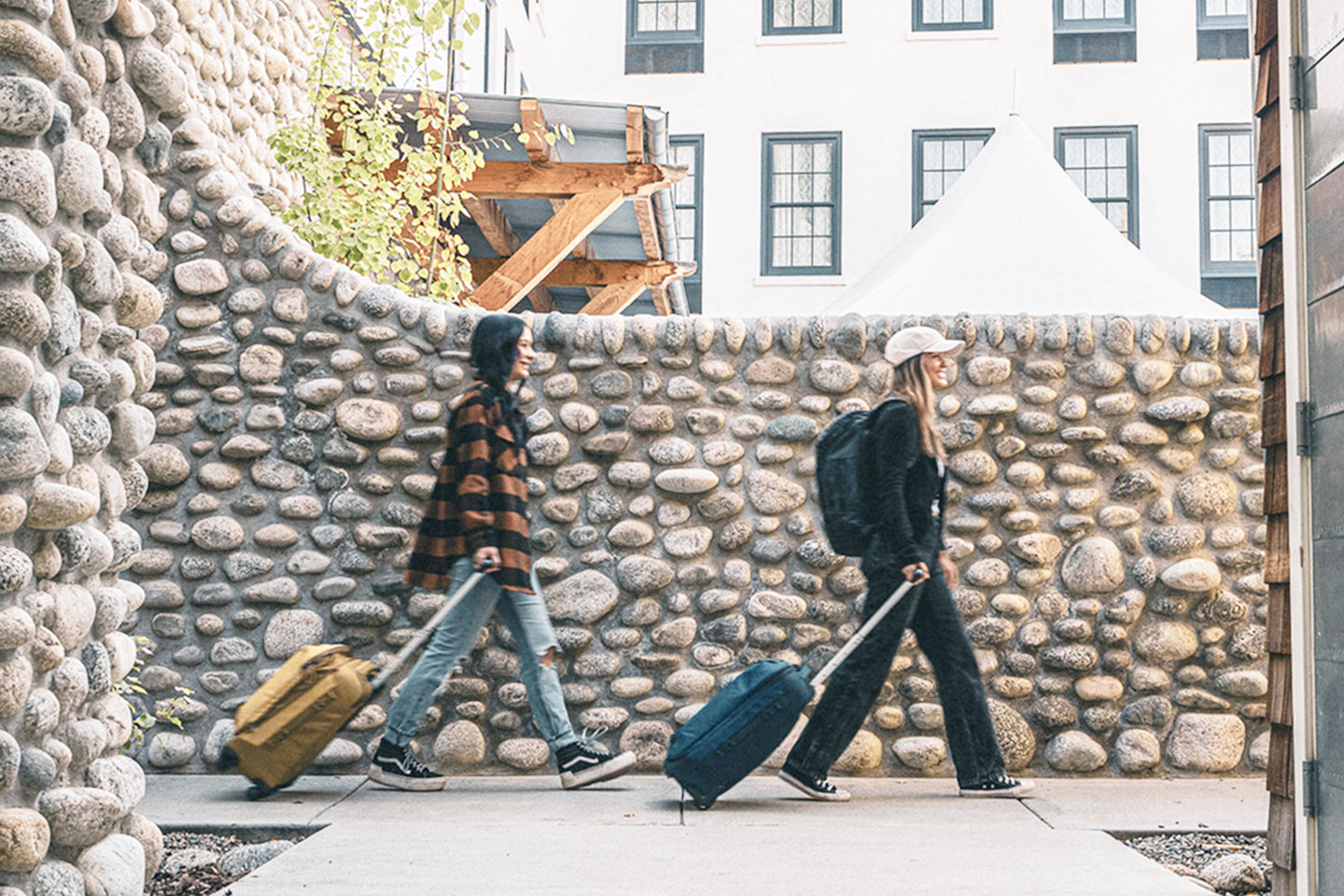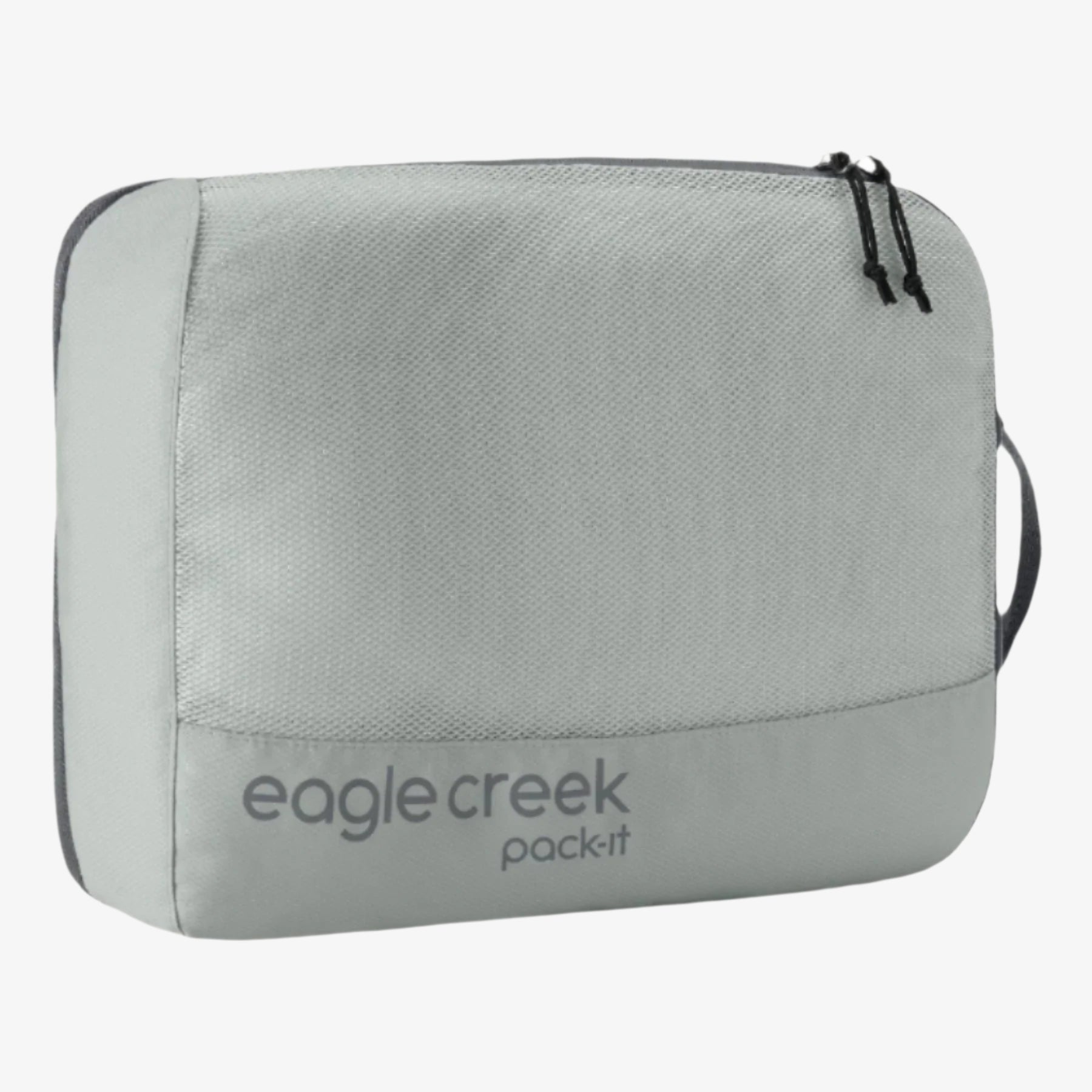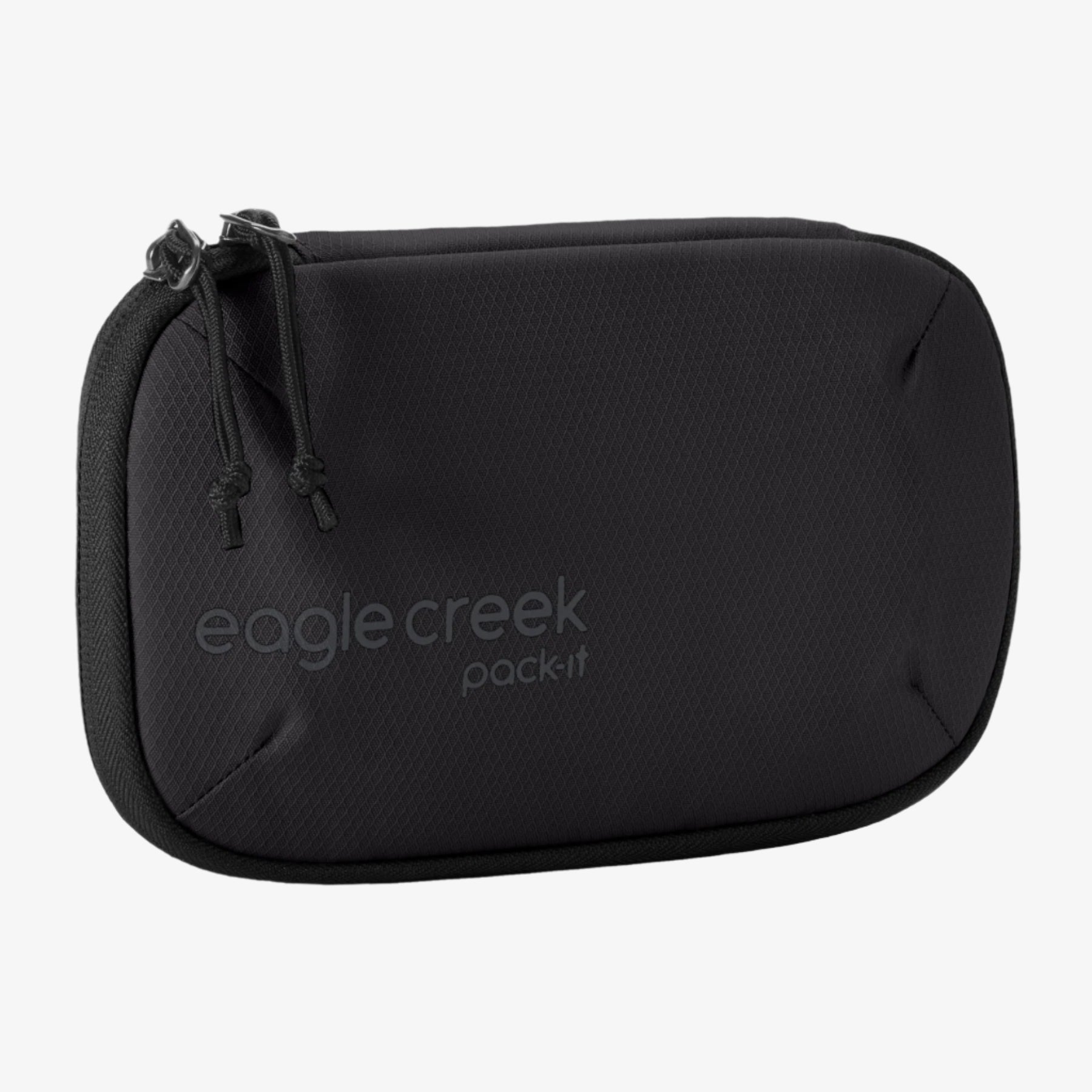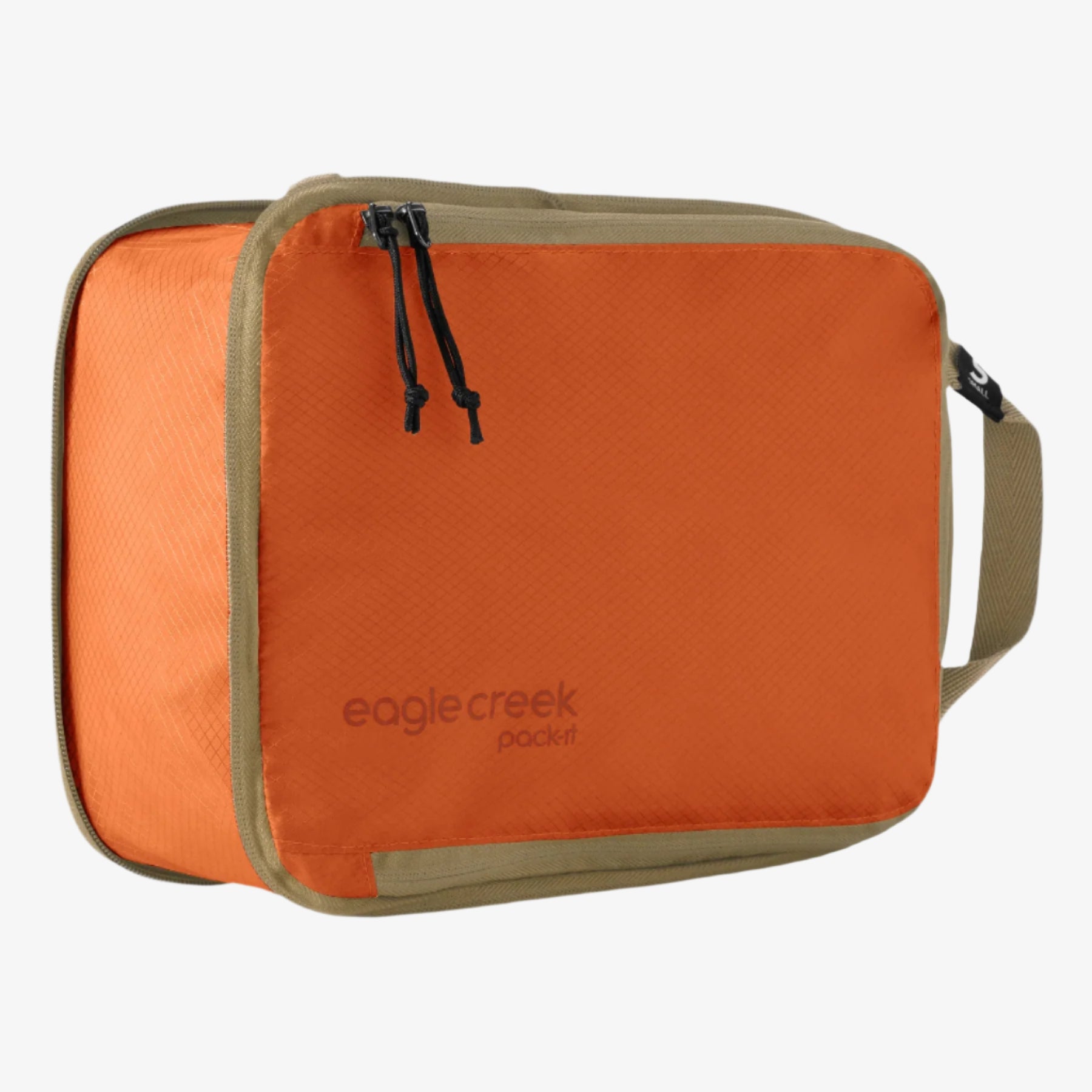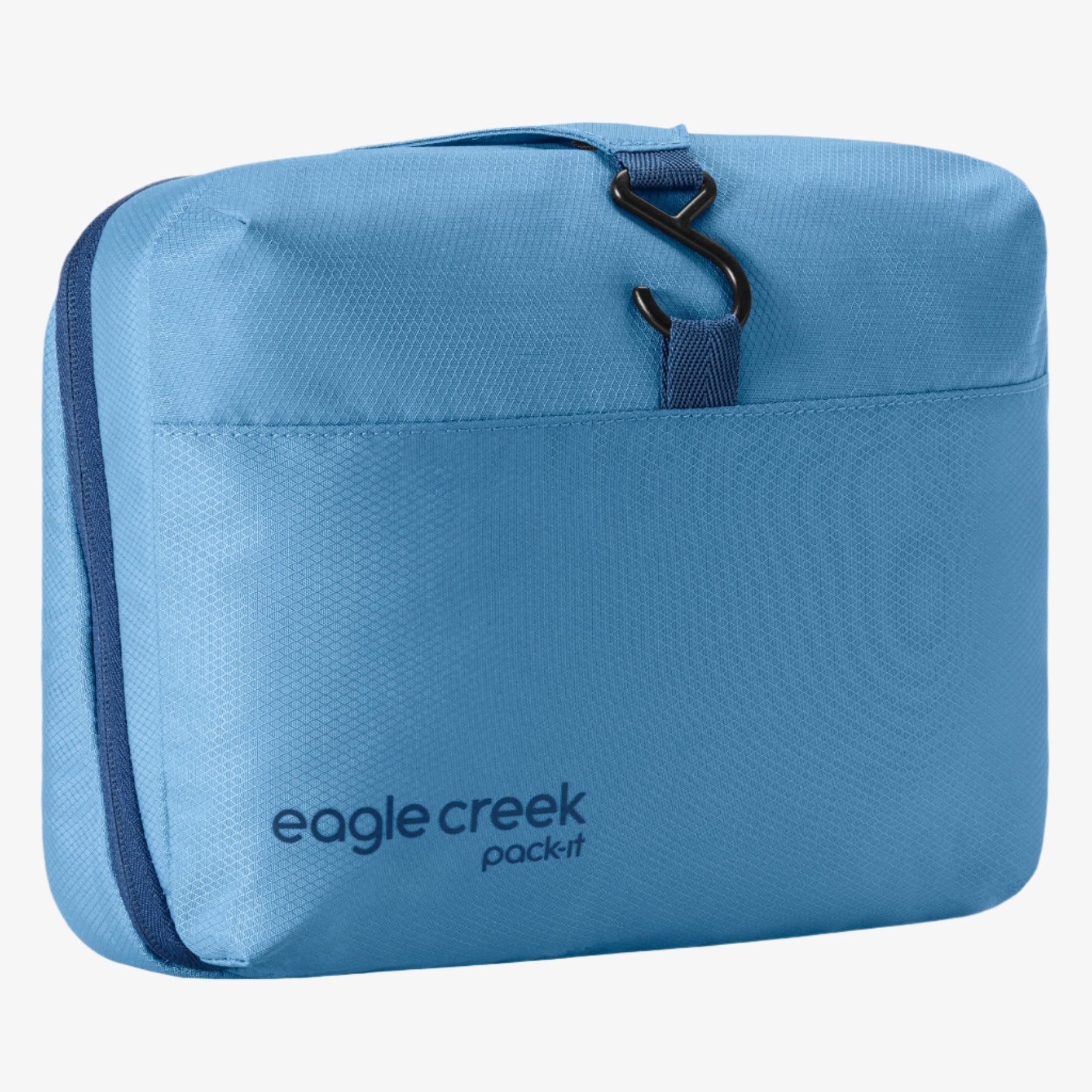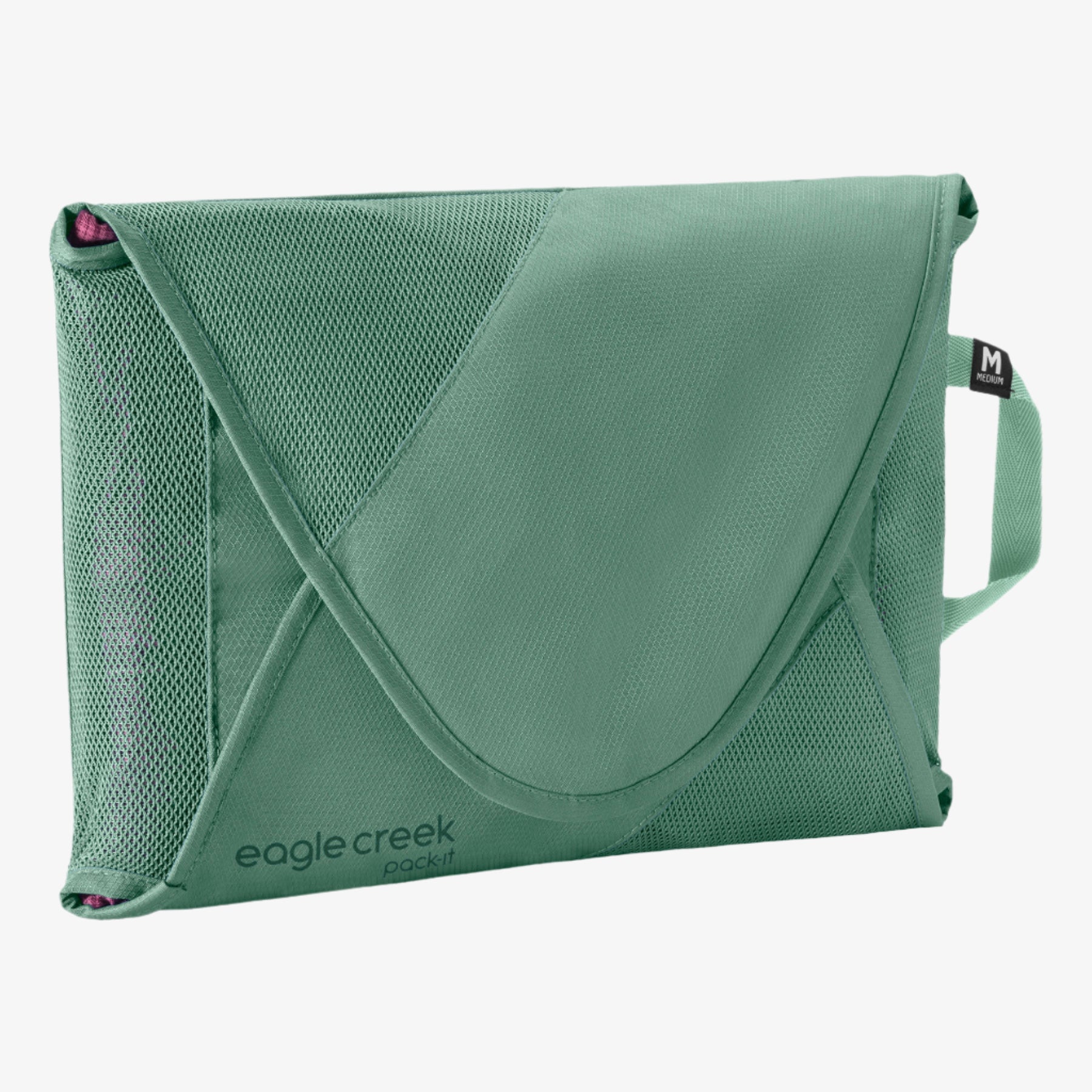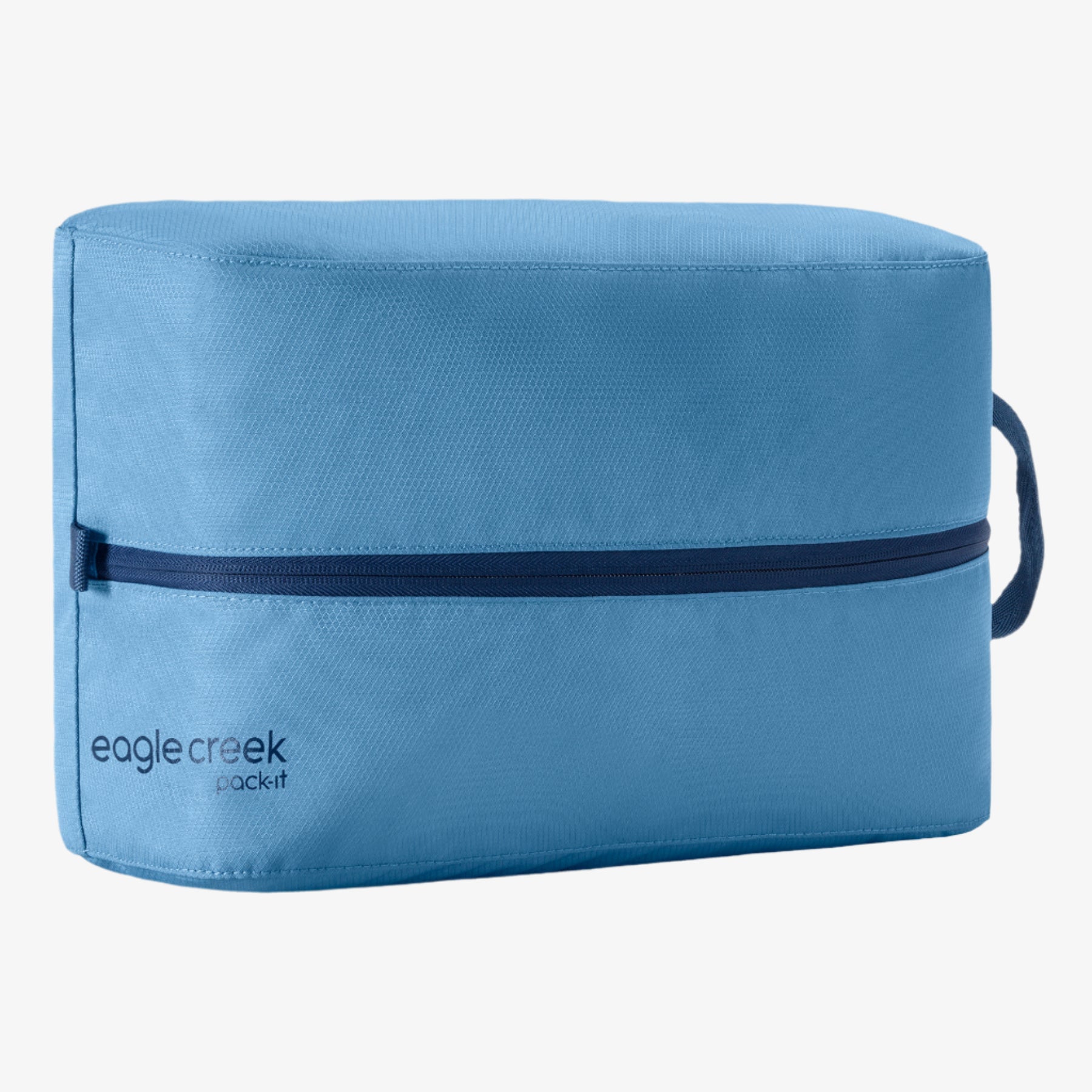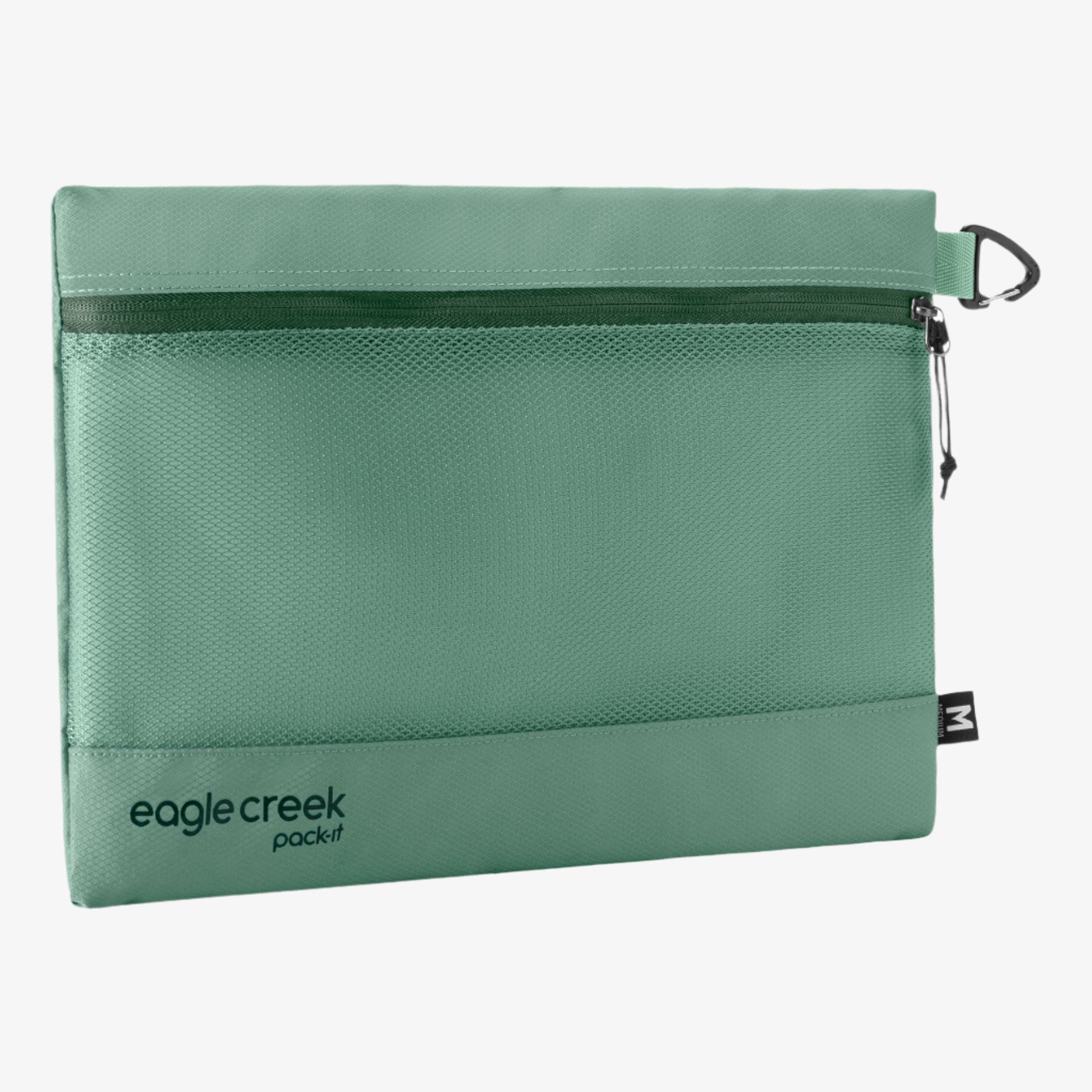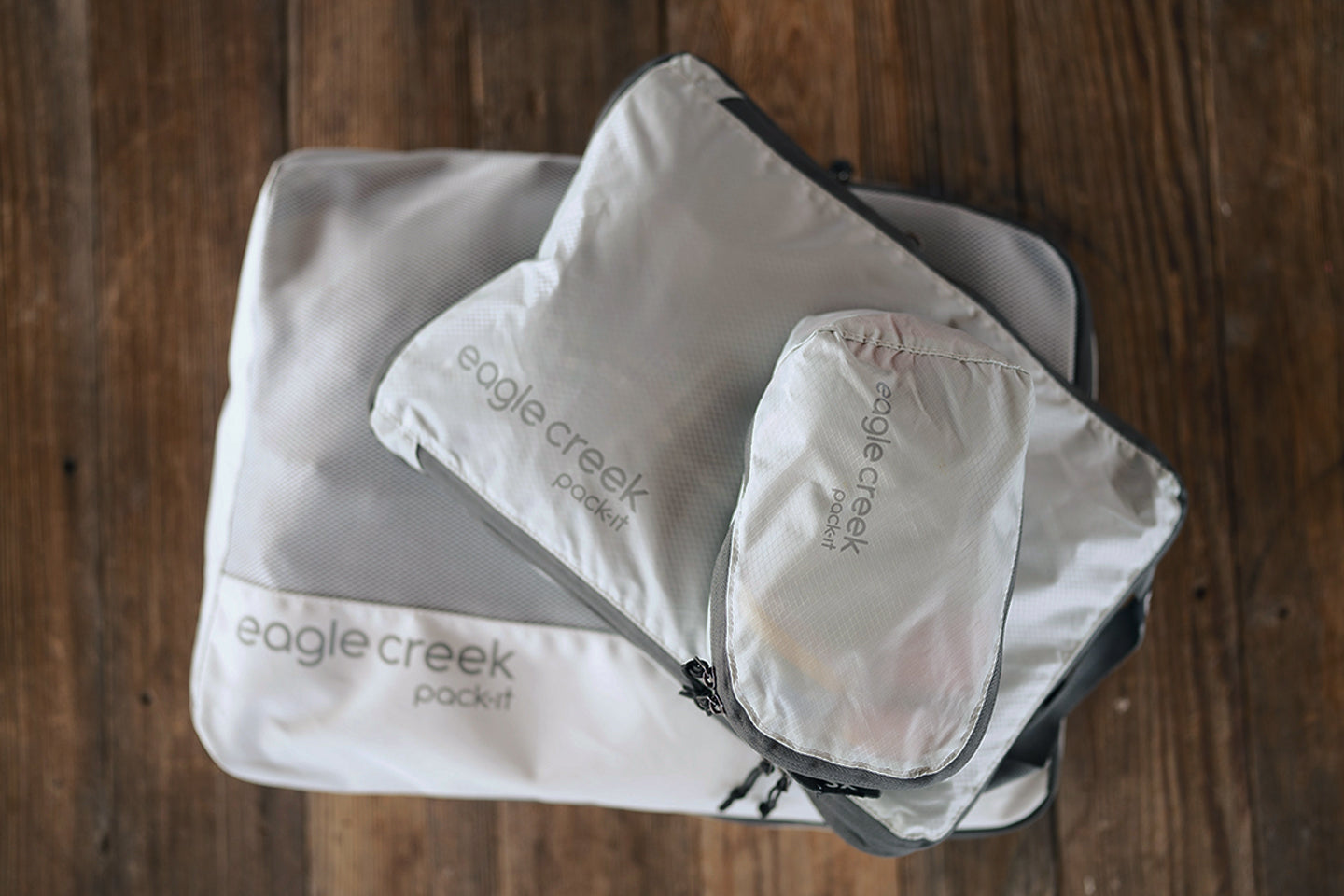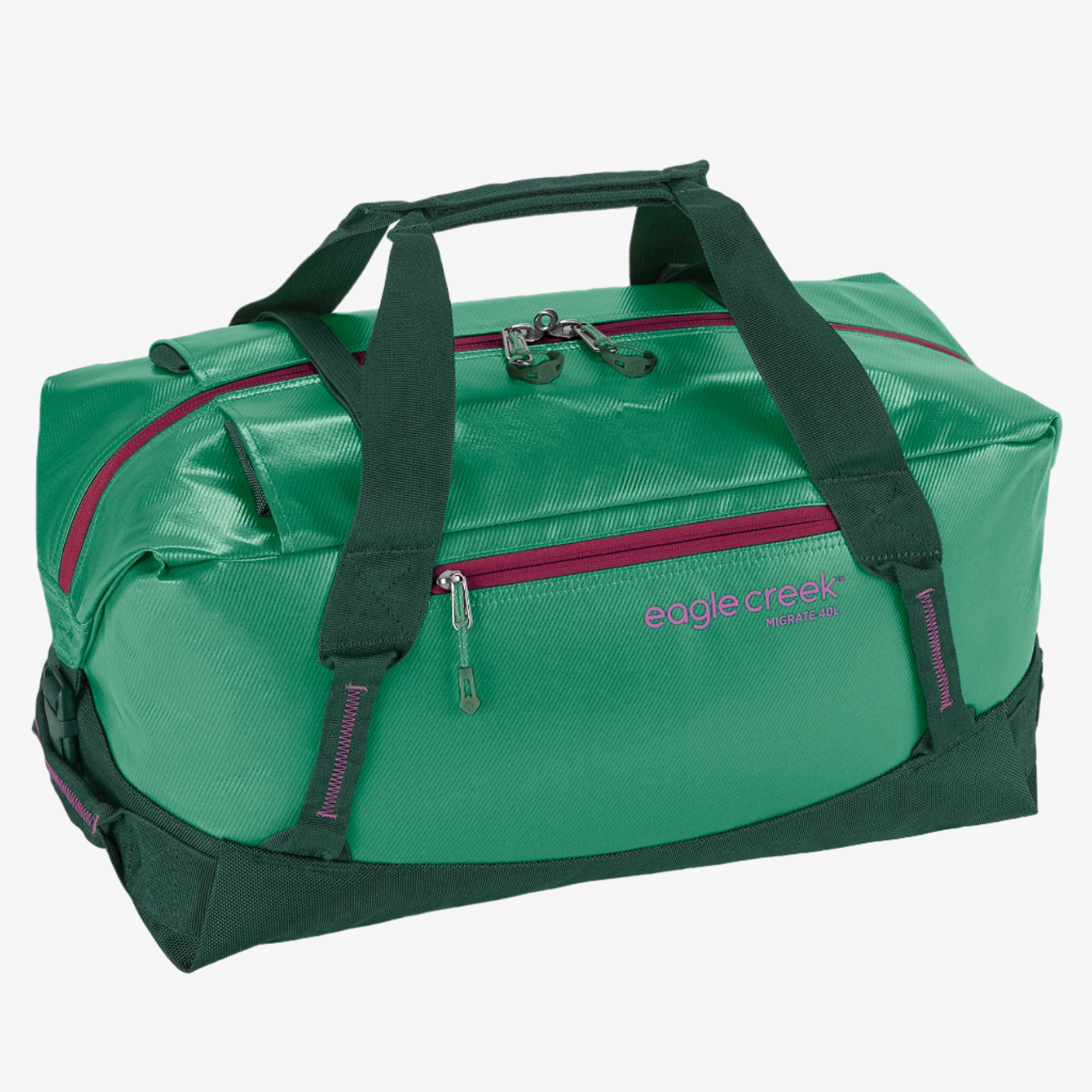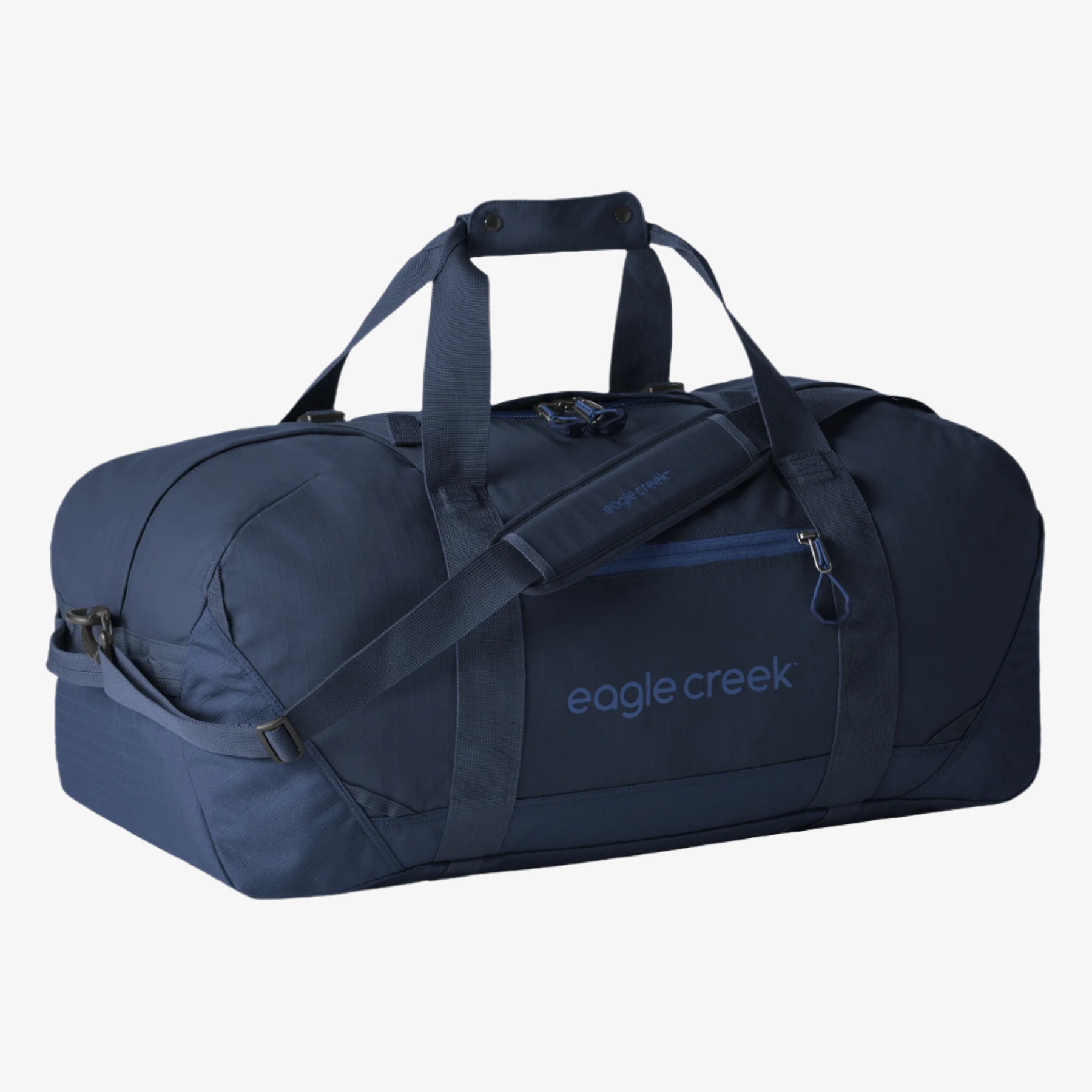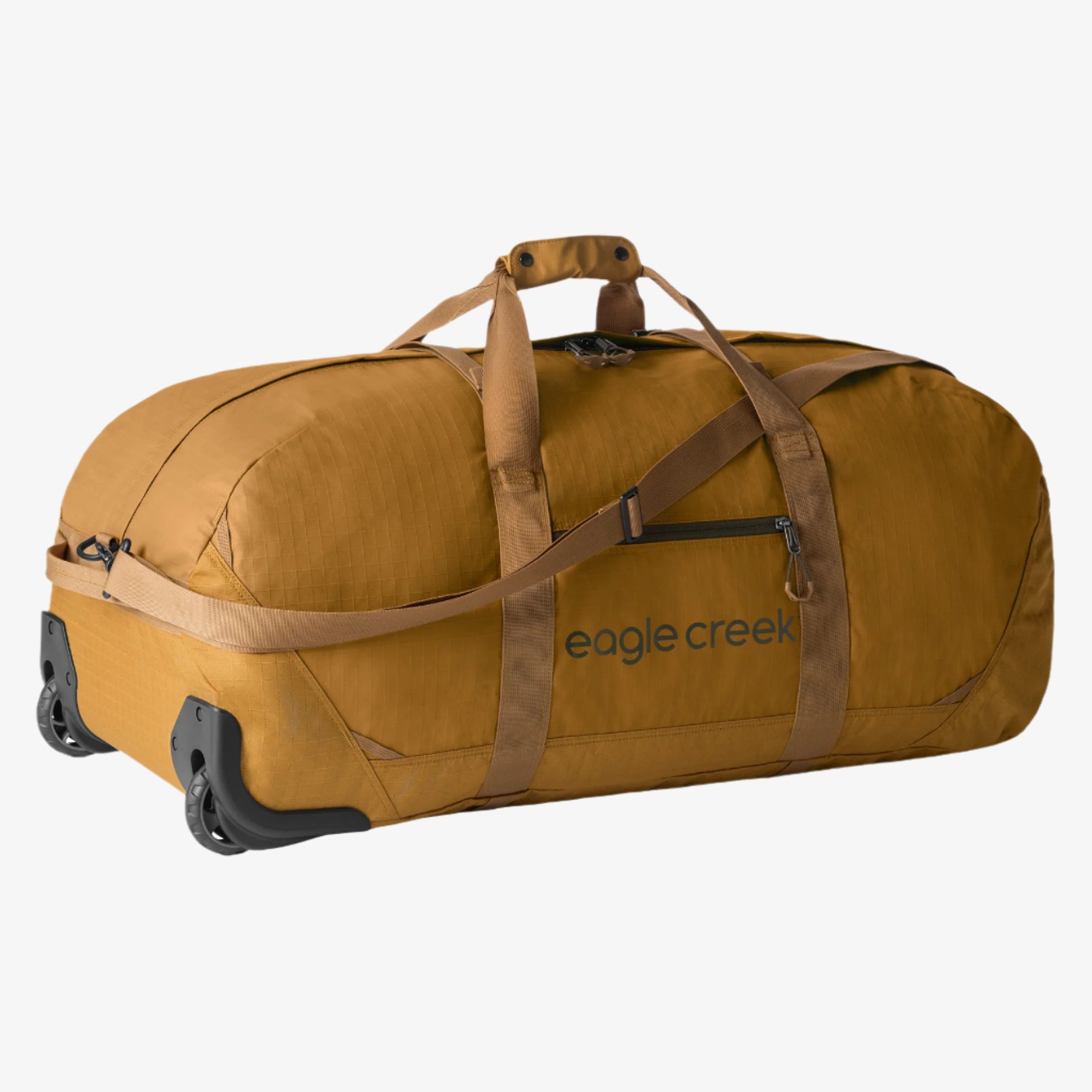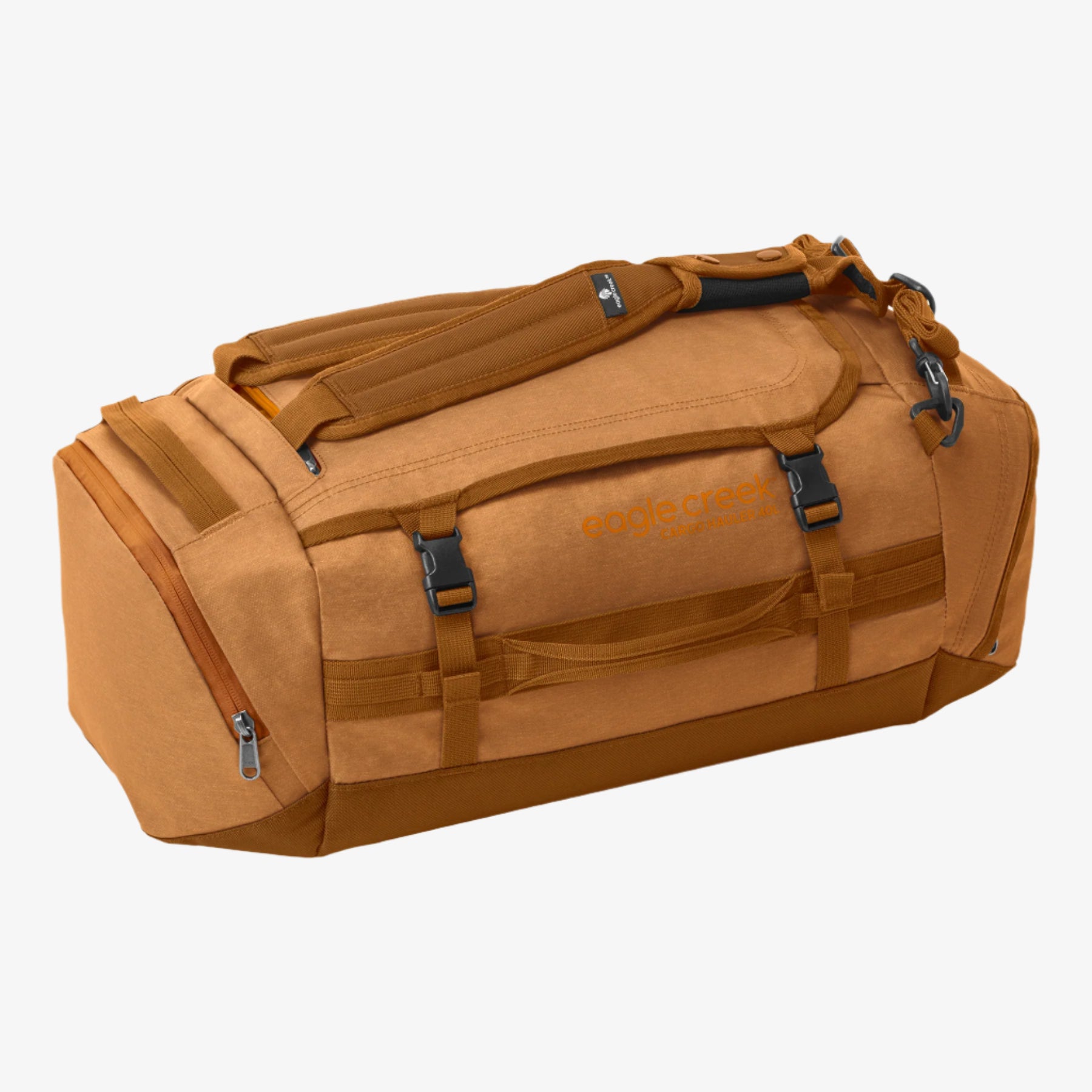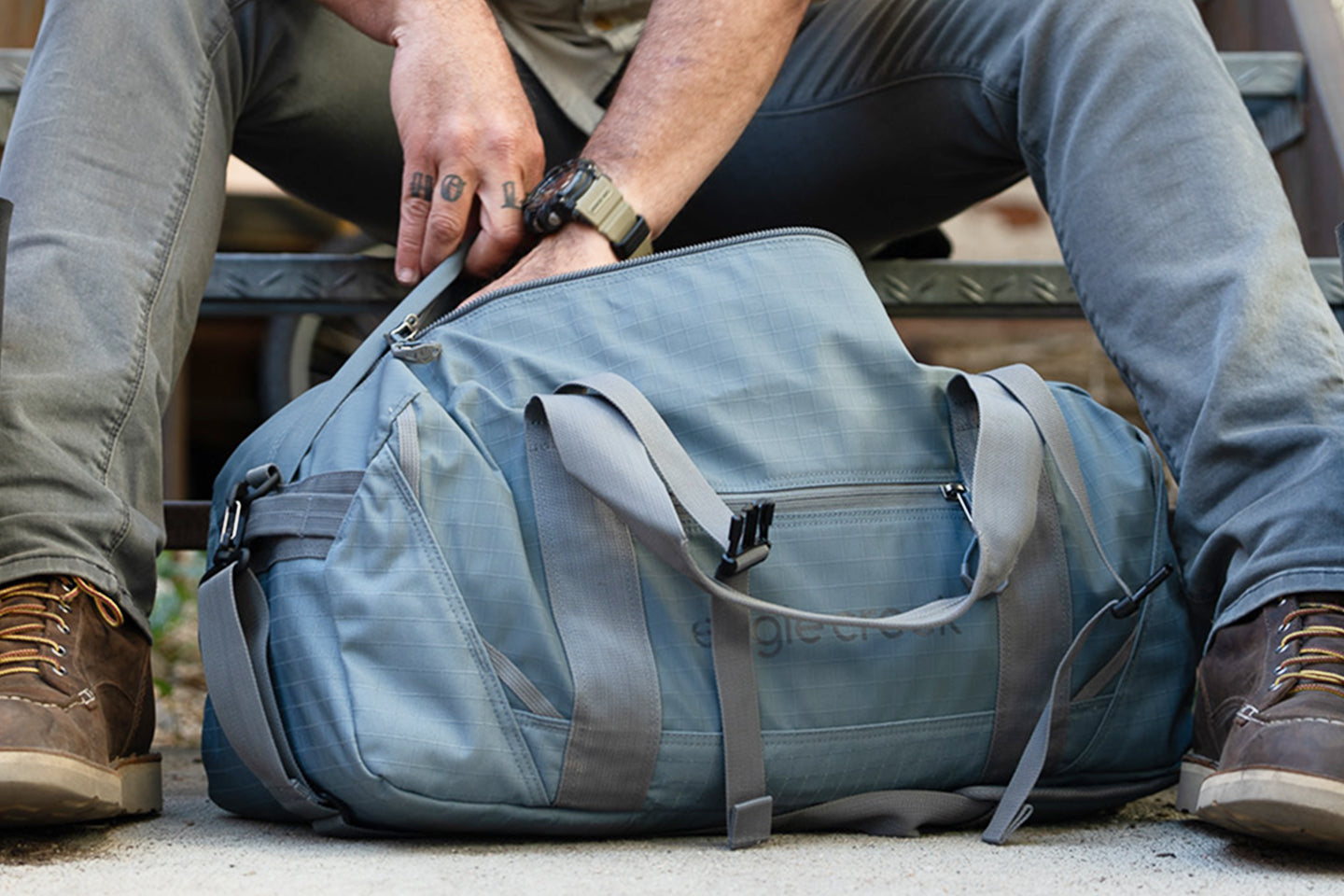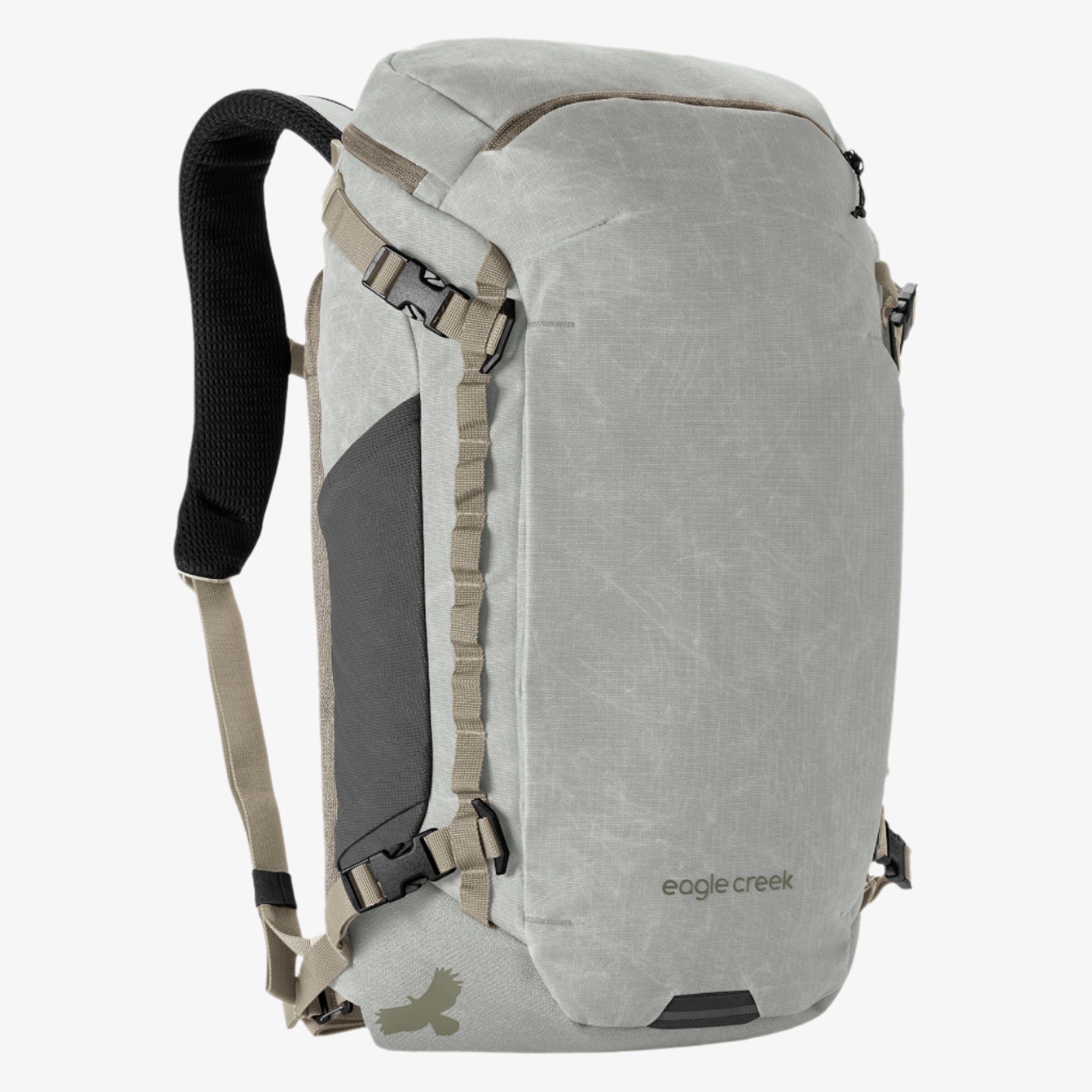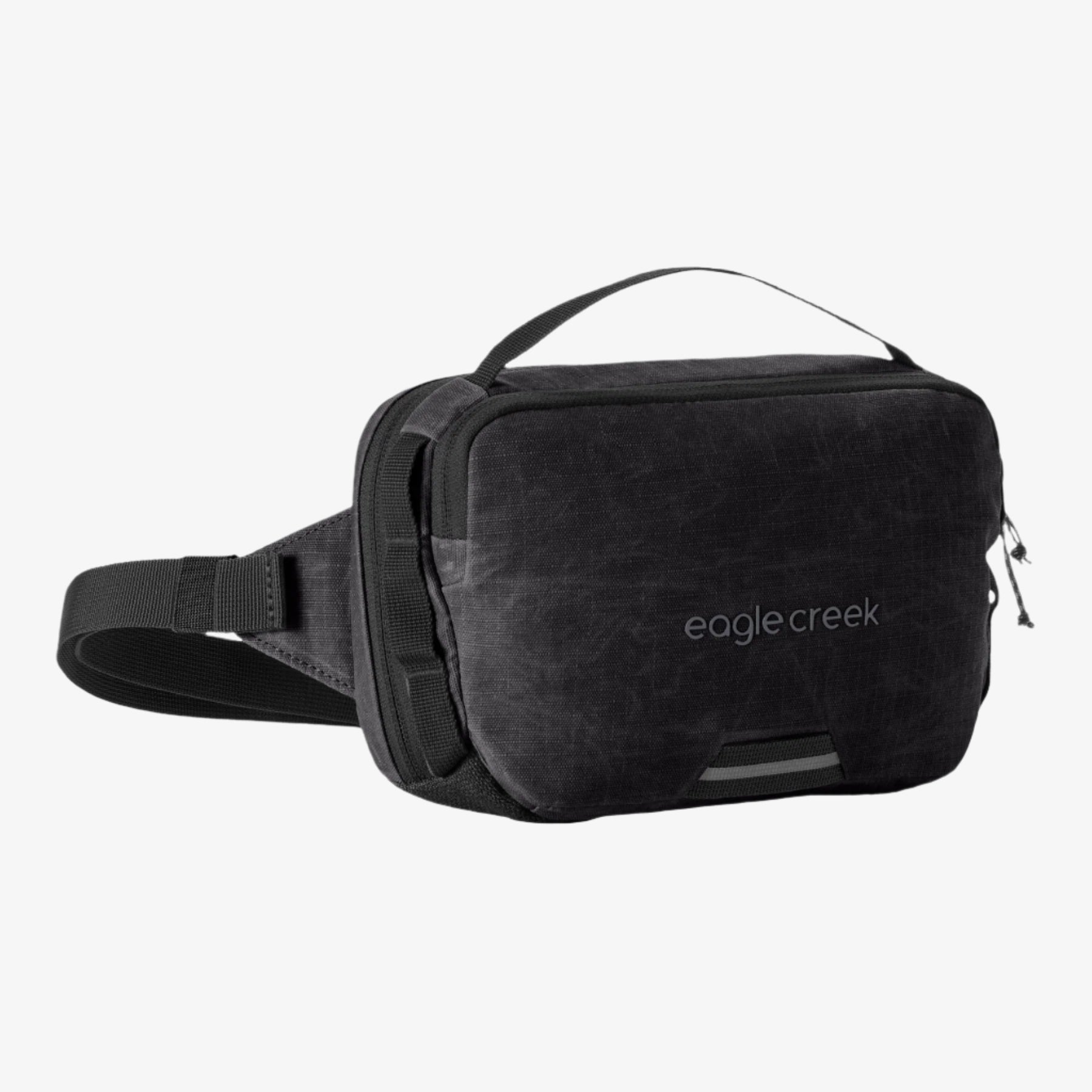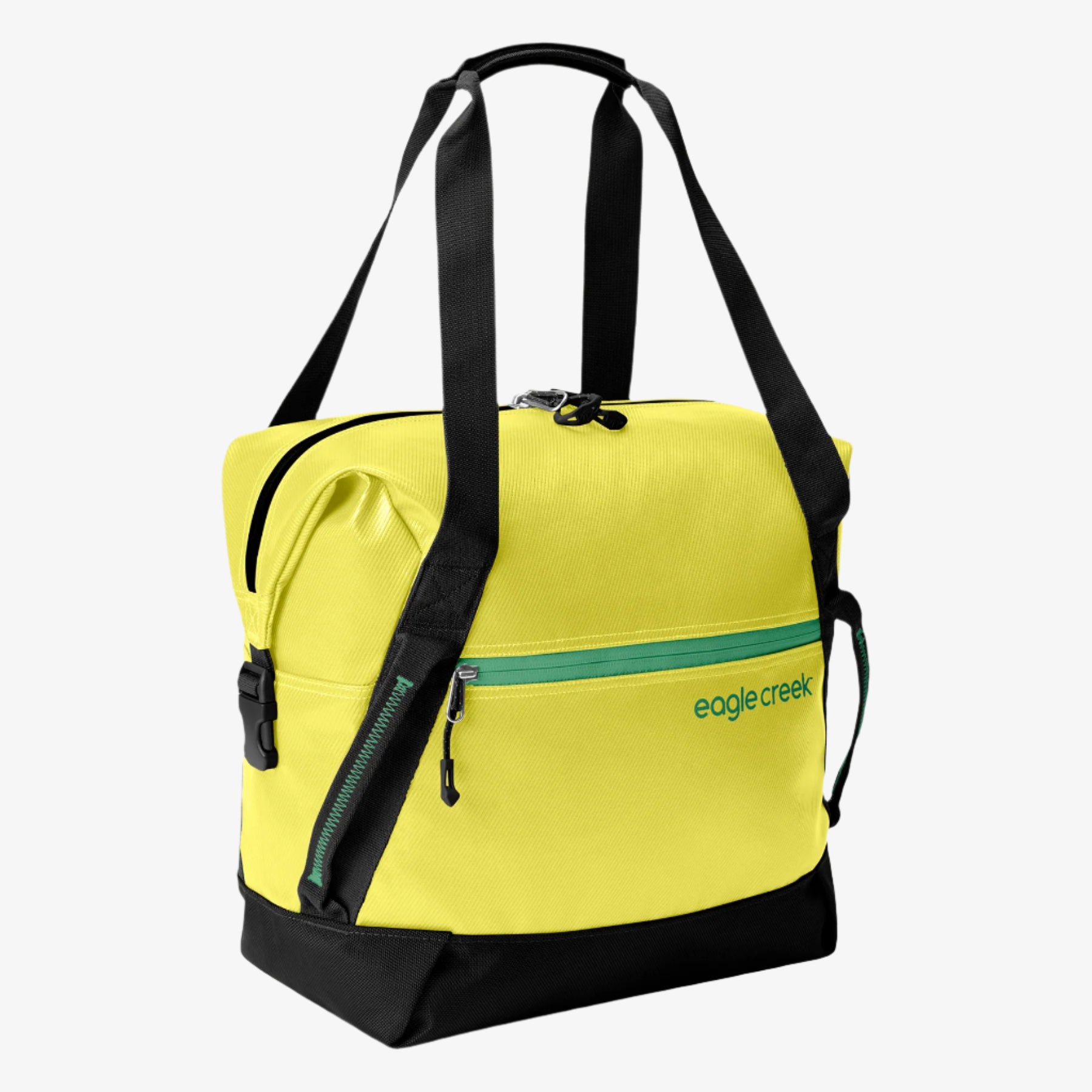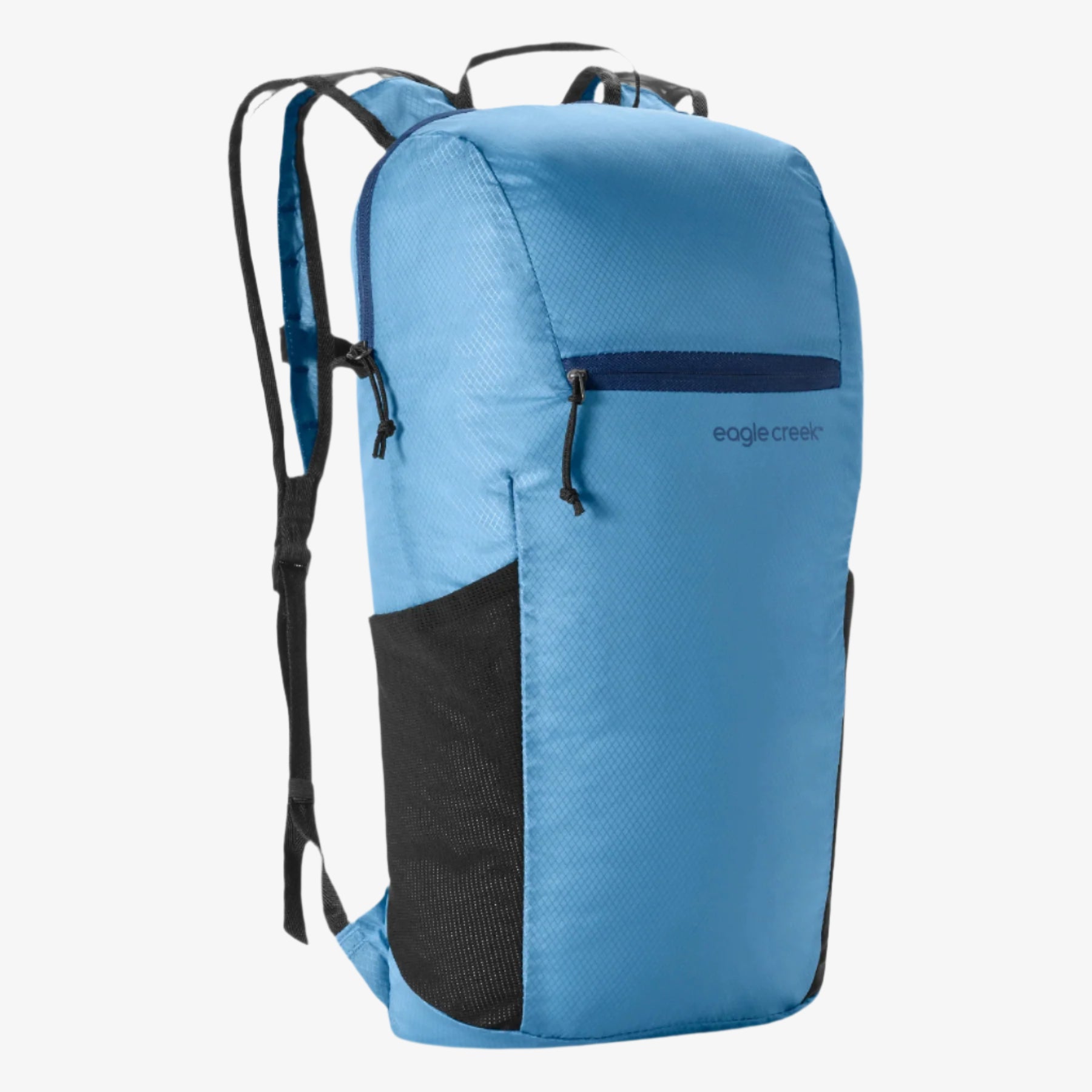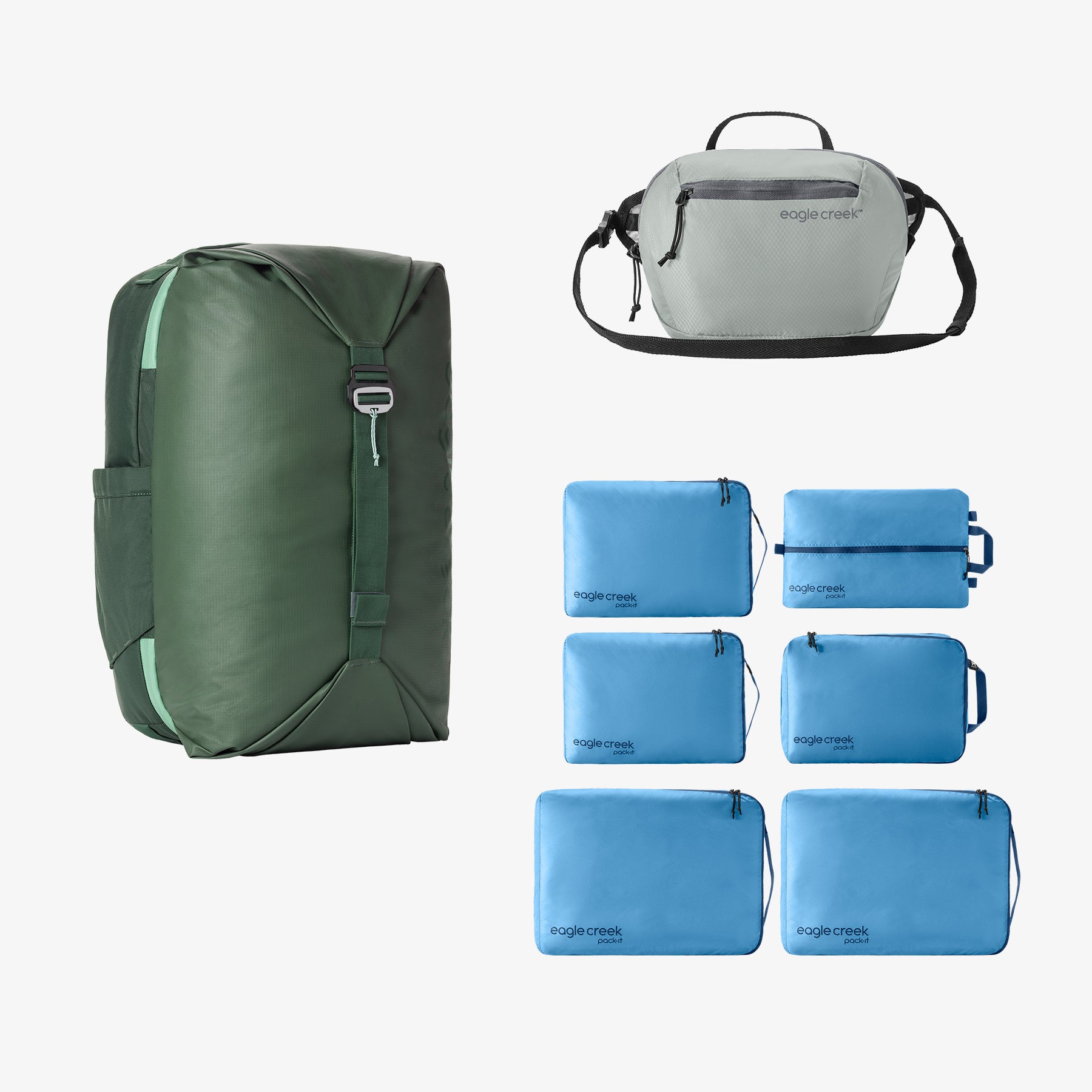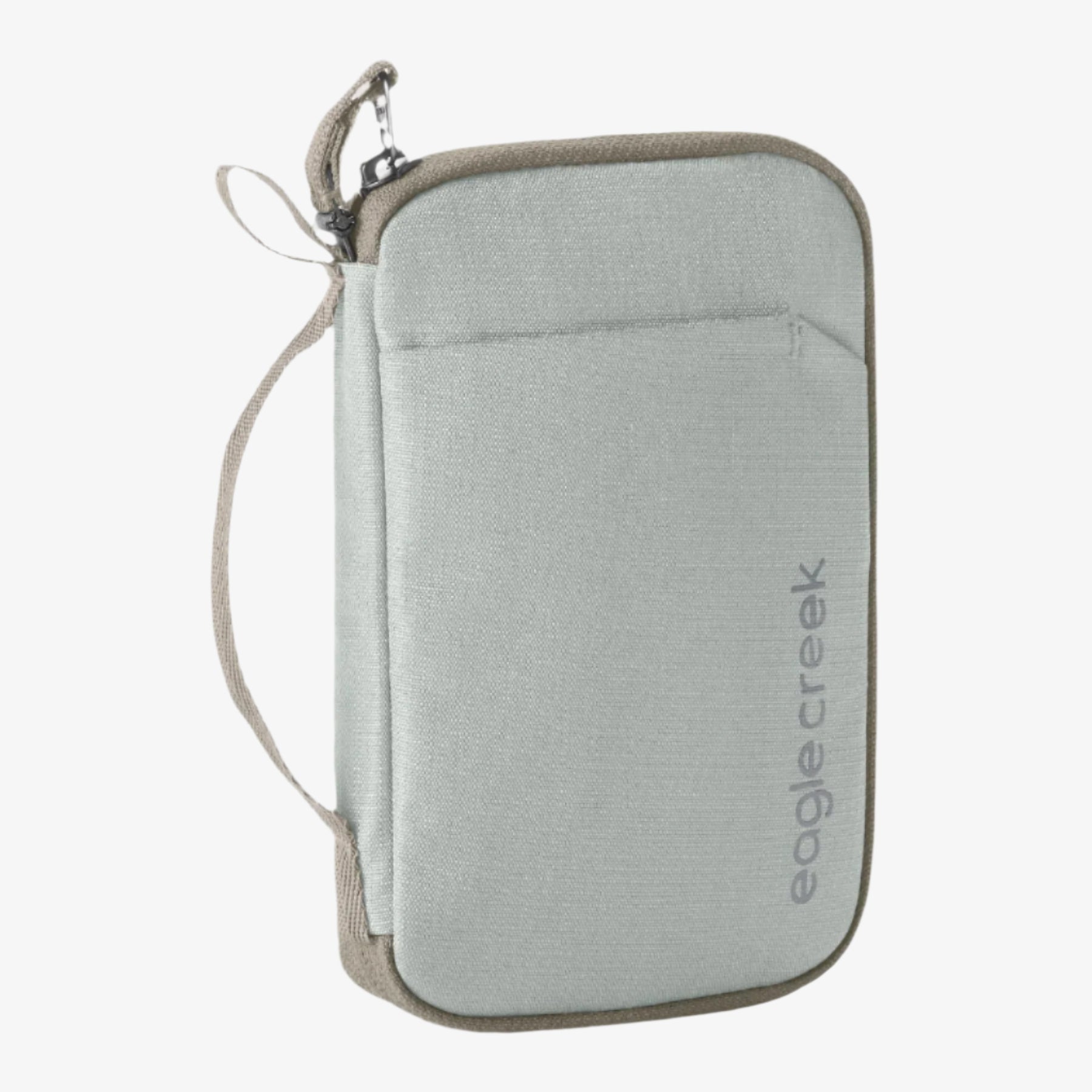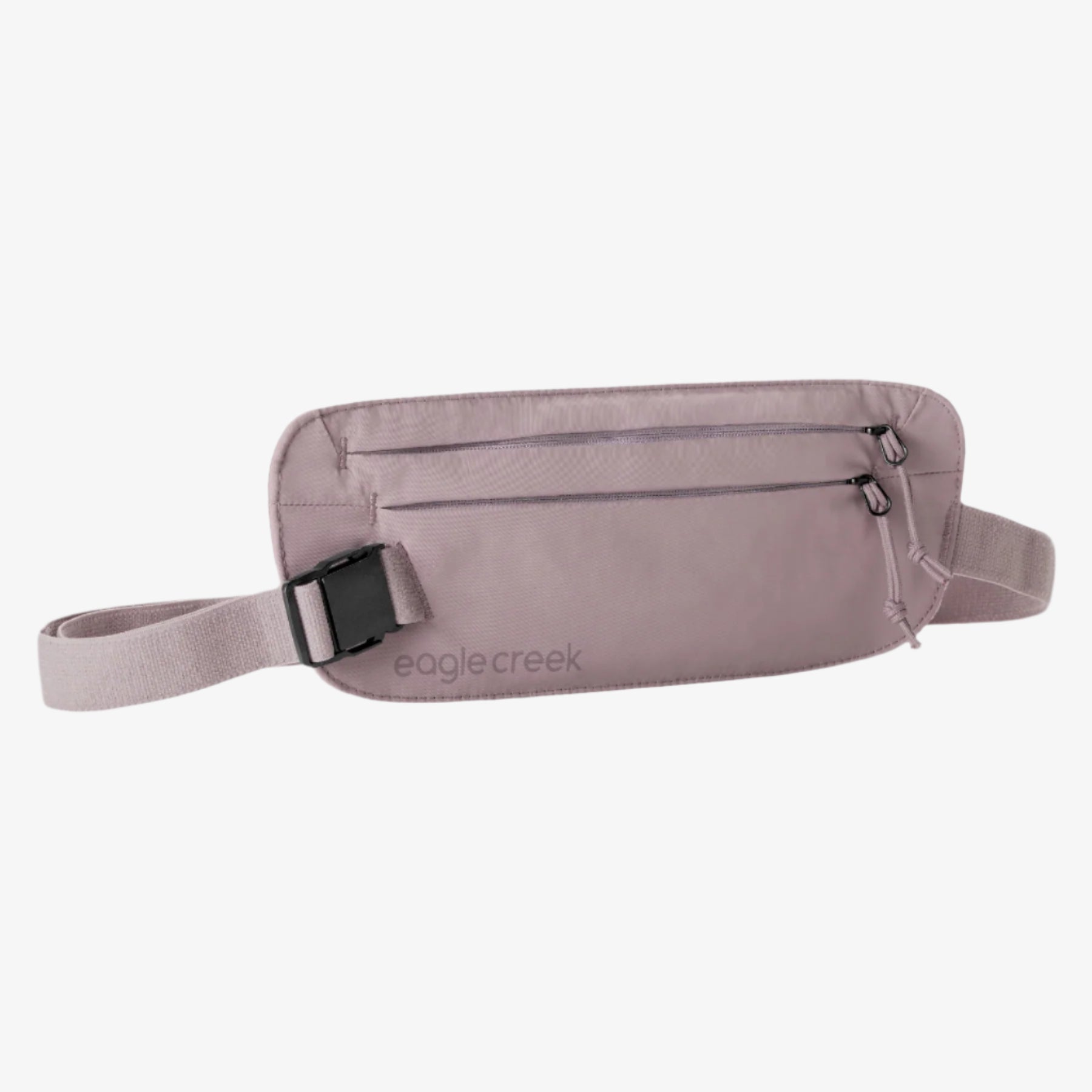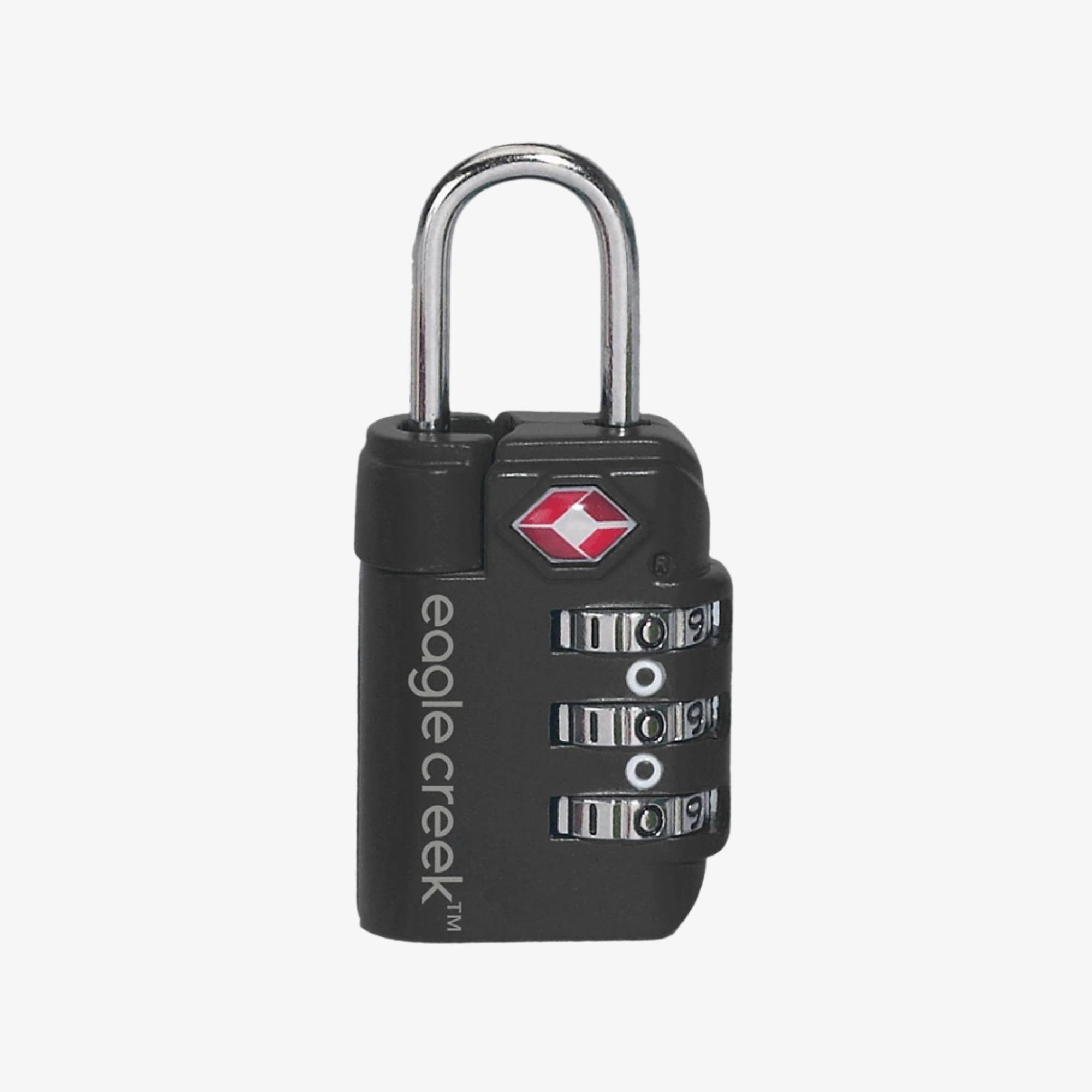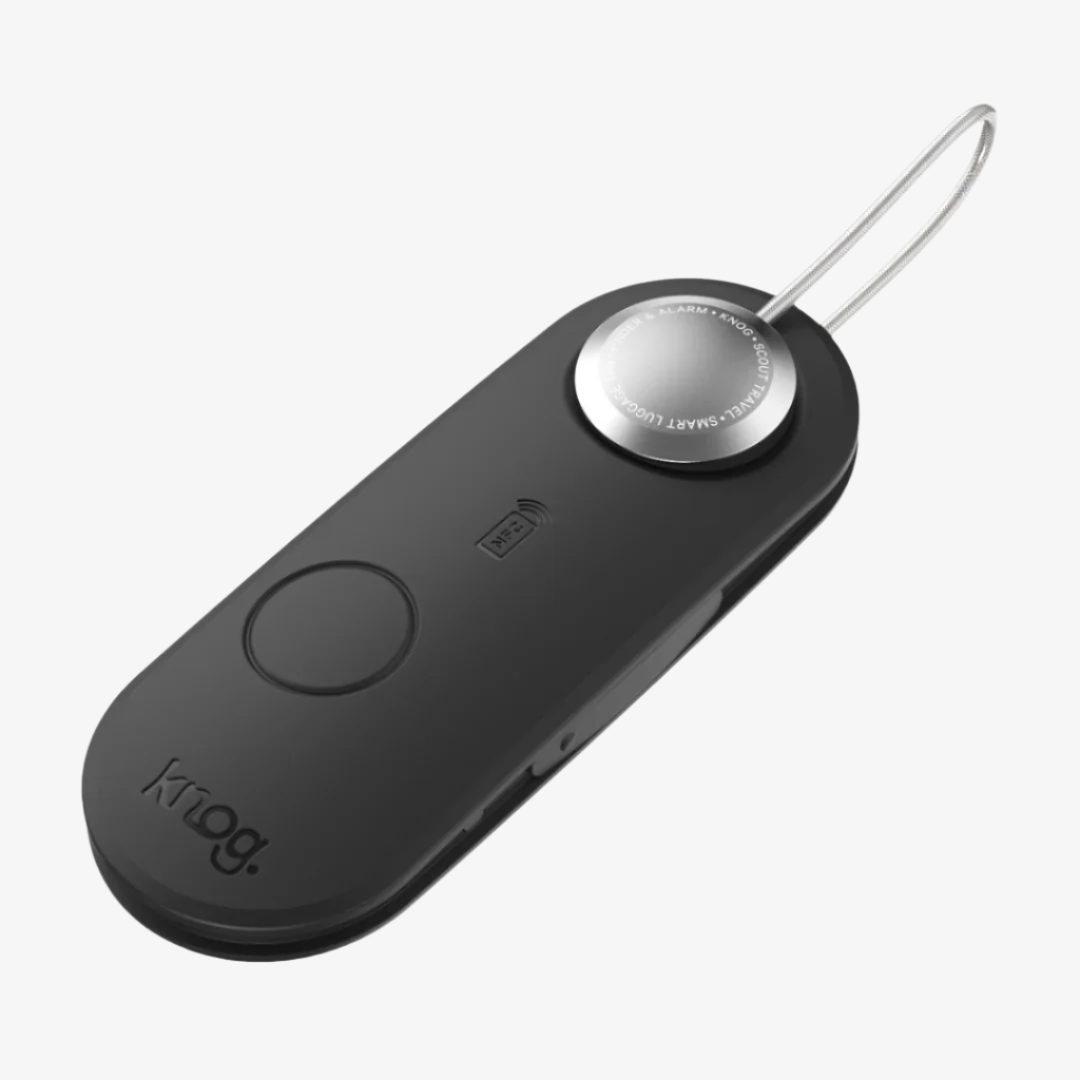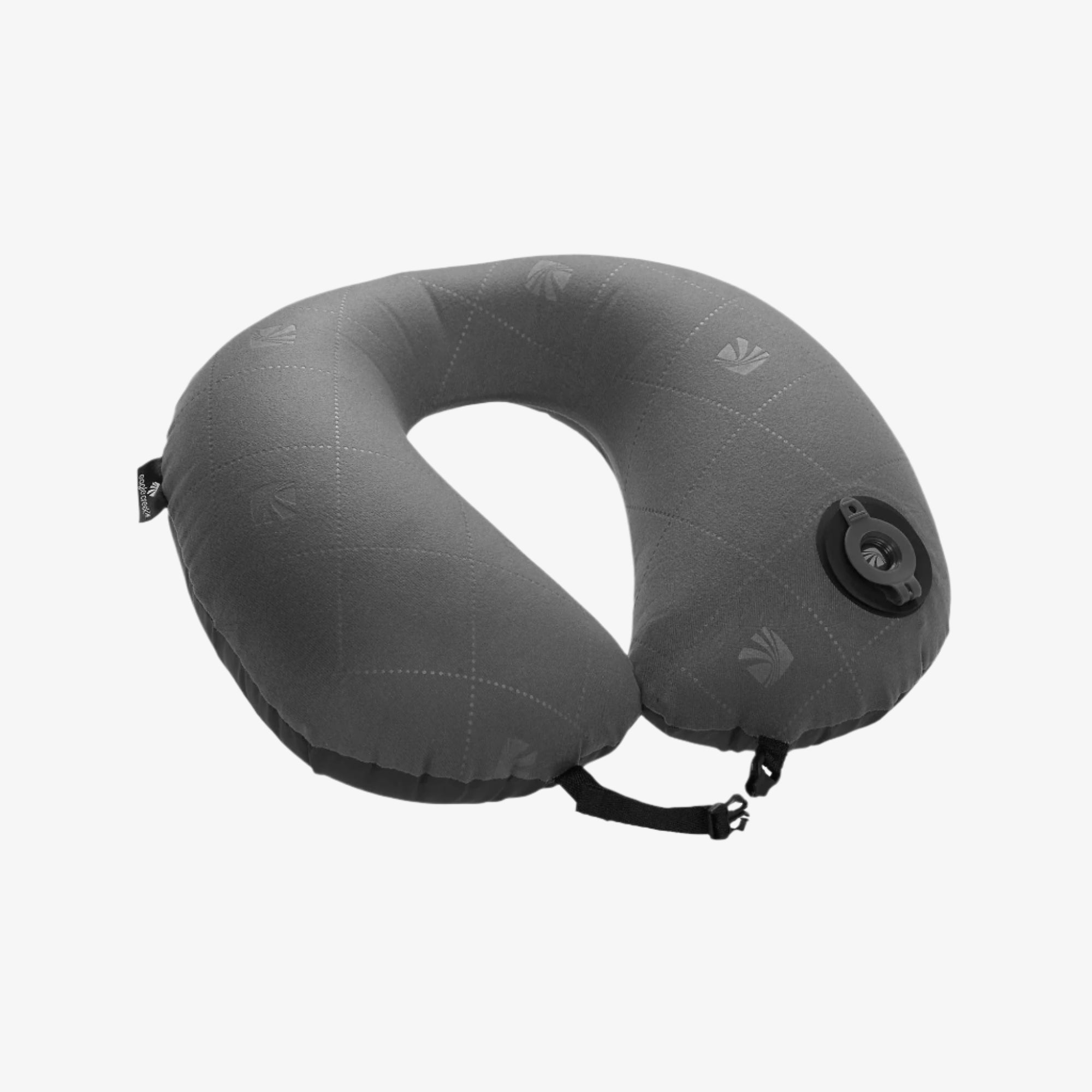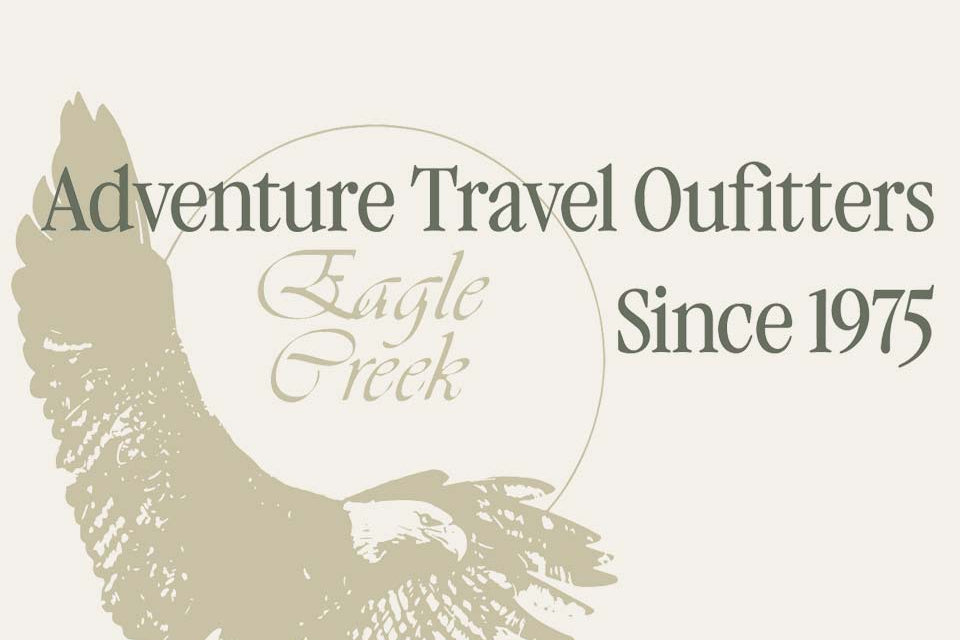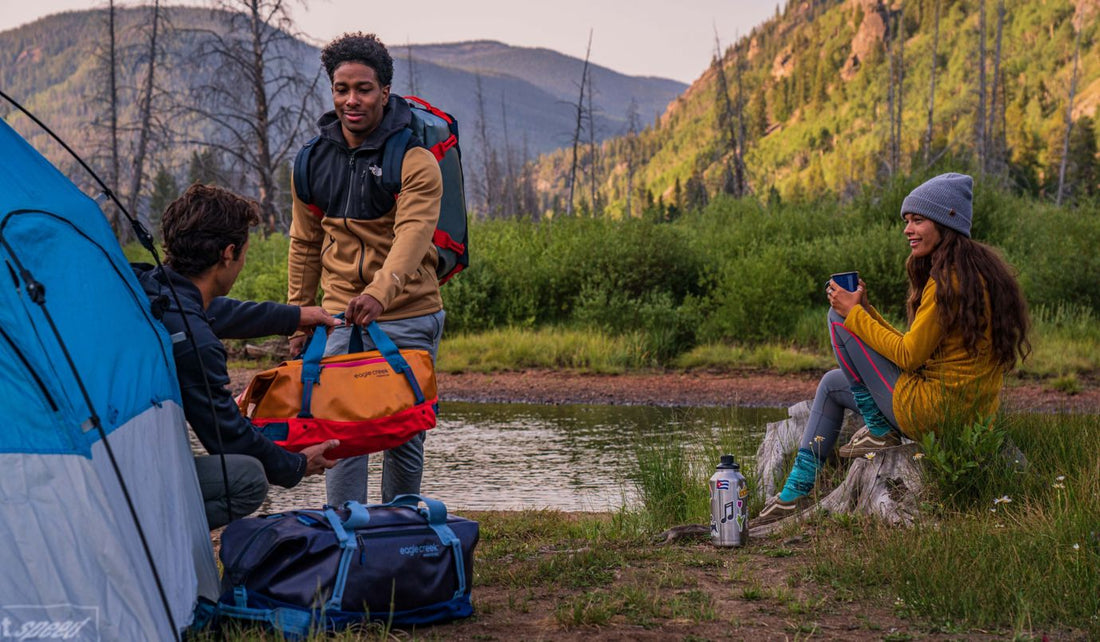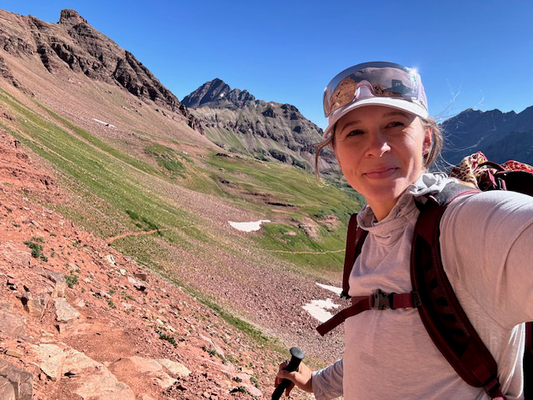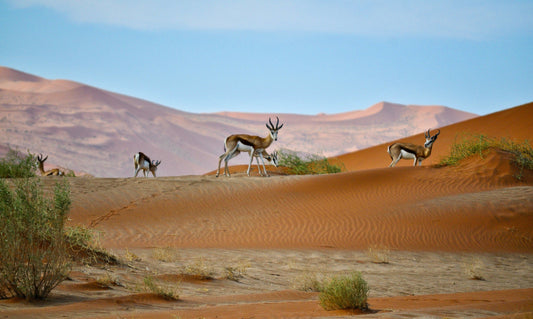Don’t get caught in the great outdoors unprepared. When you're packing for a camping trip, start with this list of the supplies, food, and gear you need to bring for a successful first adventure.
Going on your first camping trip? Let’s talk about packing. Sure, a stay in the wilderness typically requires much less in the clothing and shoe departments than other vacations, but there are a few camping essentials you won’t want to forget. On most trips, if you forget to pack something, you can probably grab it at a nearby store. In the wilderness, though, it’s a different story. If you’re out on a camping trip and realize your backpack is missing something crucial (say, your water filtration), there’s not much you can do about it. So, before you head out, consult our and completely packing checklist to make sure you have everything you need for a successful camping trip. We detail not just what you need to bring while camping, but exactly how to pack, too.
What to Bring Camping
Use this list as a starting point for making your personal packing list—every camping trip is different, so the exact camping essentials you need will vary. Starting with this ensures that you consider all of your possible needs. Things to consider when constructing your personal packing list include: season, weather, terrain, trail amenities, and how many people are in your group (so you can split carries shared items like your travel kitchen).
1. Clothes
If you’ll be backpacking during your trip, every ounce counts. When it comes to clothes, choose lightweight fabrics that are moisture-wicking so you can reuse the same top and bottoms a few times. Other pieces you’ll want to bring:
- Lightweight hat
- Packable waterproof and breathable jacket
- Wool socks
- Hiking Boots or Trail Runners (Not sure what to get? Check out our suggestions for Best Travel Shoes)
- Sunglasses (Polarized shades are ideal for blocking the bright sun)
- Long pants & long-sleeved shirts (Even if the forecast looks warm, chances are the nights will be cool)
- Water shoes or sandals with good grip
- Swimsuit
- Storage Compression Cubes (to organize all of your items)
2. Eating and Drinking Essentials
Chances are you’ll have to prepare your own meals (there aren’t too many sit-down restaurants in the woods), so save some real estate in your bag for a portable kitchen. These items include:
- Camping stove with fuel—make sure you pick one appropriate for backpacking or car camping
- Cookware
- Utensils (Both for cooking and eating)
- Lightweight, reusable water bottle
- Water filtration (You may need to source water from nearby lakes or ponds, and you’ll need to filter it first.)
- Lightweight towel and soap
- Small cutting board
- Food (Pack some pre-packaged snacks—like bars and trail mix—as well as freeze-dried camping meals you can cook on the trail if backpacking)
- Bear Bin if backpacking (check with the local forestry department)
- Sturdy gear cubes to store bulky items & Eagle Creek gear kits for the rest
3. Personal Items
Unless you’re going “glamping,” plan to be selective with your personal care items and bring only the basic necessities. You also need to consider the environment and should bring nature-safe products—that means biodegradable soap, toothpaste, and more. Also consider that you should hike in and out with everything you bring, including your trash.
- Toilet paper
- Nature-safe sunscreen (in case you cool off in rivers, streams, or lakes)
- Lip balm with SPF
- Bug spray and itch relief (like topical antihistamine)
- Hand sanitizer
- First aid kit
- Hanging toiletry kit (with a toothbrush, toothpaste, hairbrush, soap etc.)
- Prescription medications you need to take
- Painkillers (like ibuprofen or aspirin)
- Moleskin or compeed bandages for blisters
Check out How to Handle Toiletries While Camping for more information.
4. Navigational Tools
If you’ll be traveling to multiple spots, or plan to hike during the day, it’s important to have tools that’ll help guide you and ensure a safe trip. These are the navigational camping essentials you need to bring:
- Portable GPS
- Compass and map (It’s a good back-up for the GPS.)
- Chargers (If you’ll be near any charging stations on your trip. Regardless, make sure all of your devices are fully charged before you leave.)
- Maps or a guidebook
- Pen or pencil
- Two-way radios (if you’ll be in a larger group)
- Flashlights or headlamps (and extra batteries or a solar charger)
- Travel lantern
Check out Camping Safety Tips: 5 Dangers to Avoid for more information.
5. Camp Necessities
Camping means sleeping in the great outdoors for at least one night, and that means you need a list of everything it will take to make camp for the night. Here what you’ll need to sleep as safely and comfortably as possible:
- Tent (Double check you have all the necessary poles and stakes)
- Mallet (For securing the stakes in the ground, if you’re car camping)
- Sunshade or tarp
- Sleeping bags
- Sleeping pads or a light air mattress
- Travel pillows
- Folding chairs and table (if car camping)
- Pocket knife for any quick cutting needs
6. Entertainment
One of the best things about camping is spending uninterrupted quality time with friends and family, without the common high-tech distractions. Maximize the fun with these things:
- Binoculars
- Camera
- Travel-sized board games
- Playing cards
- Fishing gear Poles, reels, line, lures and tackle - special gear will be needed if it's your first fly fishing trip to one of these amazing fly fishing destinations!)
- Kayaking gear (Life jackets, paddles, and repair kit)
- Bikes (Don’t forget locks!)
- S’mores ingredients (You didn’t think we’d let you go camping without the most quintessential outdoor treat, did you?)
Check out these 10 Must-Try Campfire Treats for more memorable nights.
How to Pack for Camping
1. Pick the Right Bag
Most important when packing for a camping trip is determining exactly how your adventure will unfold. If you're car camping, for example, and you'll not stray further than day hikes, than a duffel bag is a great all around packhorse. With ample storage inside and a water-repellent coating, it’s still tight enough to not take up too much space for life on the road.
If you're minimalist camping, you can get away with a very lightweight backpack—one that is under 40L and doesn't have a metal frame. But for longer trips, you'll probably want to pack a larger, framed backpack with all of your camping essentials.
2. Organize Your Camping Gear
Once you've picked out a bag, a packing system is essential. Packing for camping is all about efficiency, and using packing cubes for your camping gear will allow you a streamlined system that allows you to flawlessly transition from trail to camp, and back to the trail again the next day. Consider the following organizational tips to pack for a camping trip.
- Pack It Isolate Cubes: These lightweight packing cubes are made of high-tech materials that are durable, yet won't add much weight to your pack. Choose a set of cubes to organize your clothes—bottoms and bulky jackets in large cubes, tops in the medium cubes, and socks/underwear in the smallest extra small cube.
- Hanging Toiletry Kit: Organize your toiletries in a small hanging toiletry kit, which is perfect for camping since you can easily tote it to the river or hang it from a nearby branch.
- Packing Sacs: Packing sacs are a powerhouse for understanding how to effectively pack your bag for camping. Avoid loose items floating around (and getting lost!), by investing in a set of various sized packing sacs. These sacs can organize your electronics, take care of miscellaneous accessories like hair ties, lip balm, etc.
- Waist Pack: Although you likely won't wear a waist pack on your long hiking days, a waist pack is a camping essential if you plan day hikes from your camping spot, or to wear in the evenings so you have toilet paper, phone, and other items handy (it's hard to find these items in the dark!).
This is a comprehensive camping packing list, and you may not need it all—it just depends on what type of trip you’re going on. If you plan on hiking most of the days and pitching a tent in different locations each night, for example, leave the board games at home and stock up on hiking essentials instead. If you’re sticking to one spot, throw the bikes on the bike rack and pile on the games for a fun weekend in the woods. And if you're wild camping then you might pare down to just the most minimalist of camping gear—perhaps even ditching the tent, depending on your locale.
Heading out into the wilderness is an opportunity to awaken something new and push your everyday boundaries. Pack appropriately and you're one step closer to a wonderful camping adventure.
Photo by Ben Horton you can follow his adventures on Instagram @benhortonphoto
